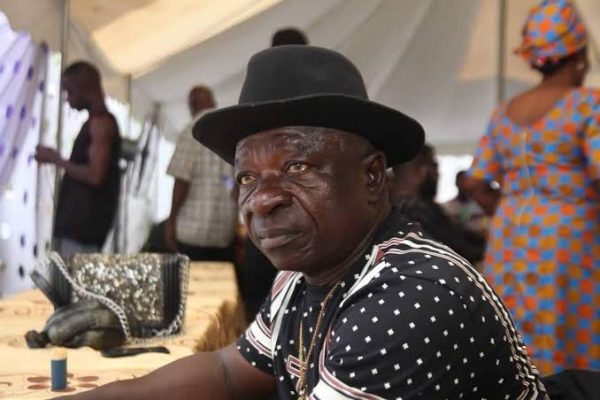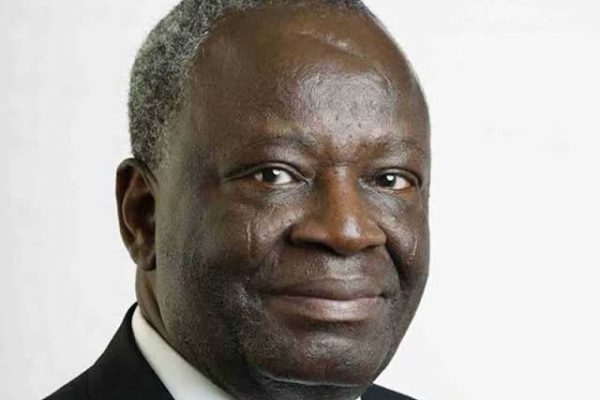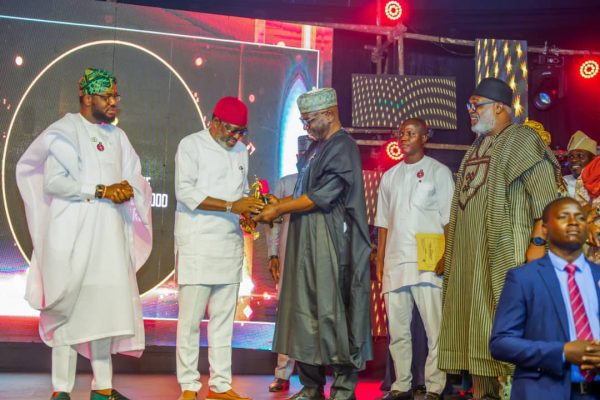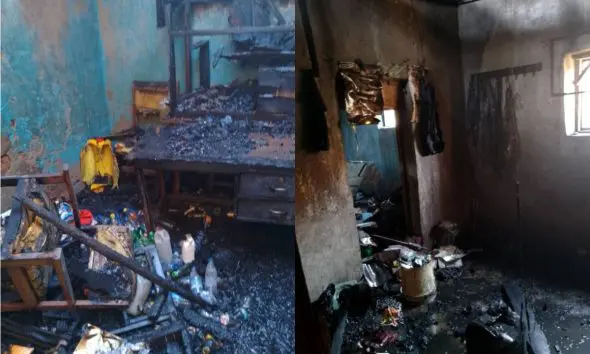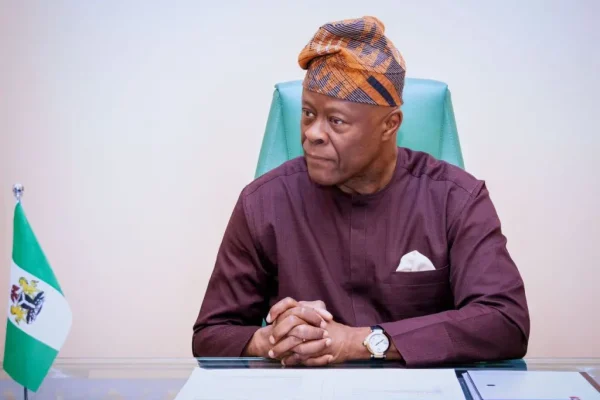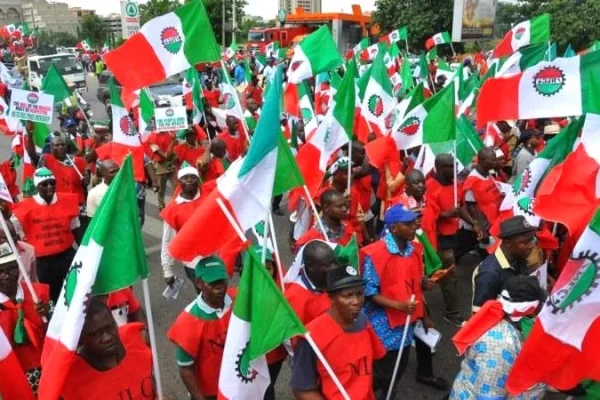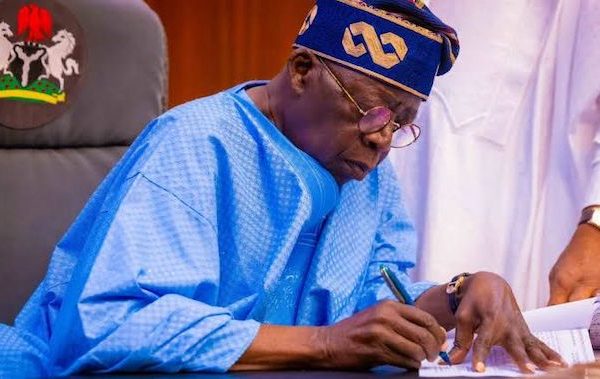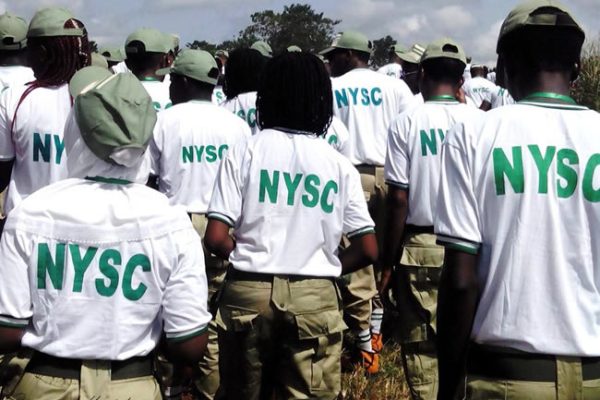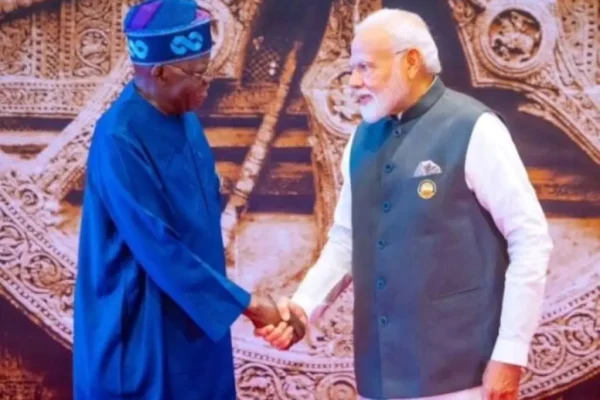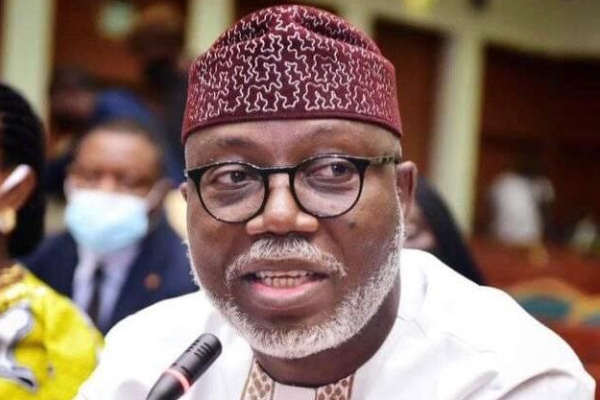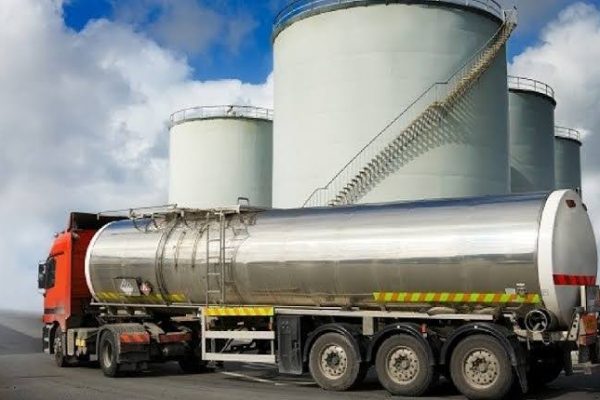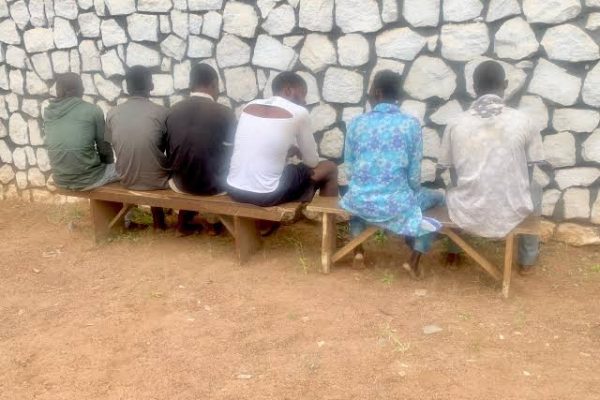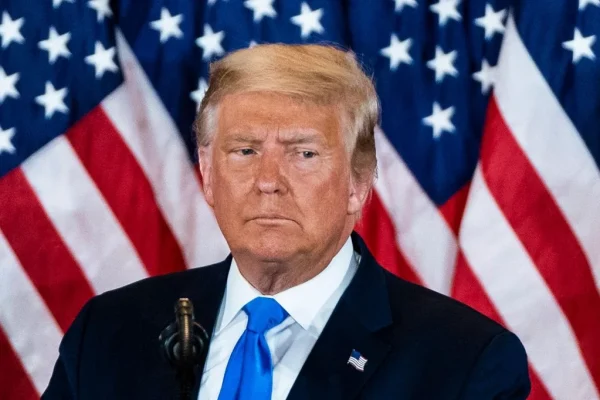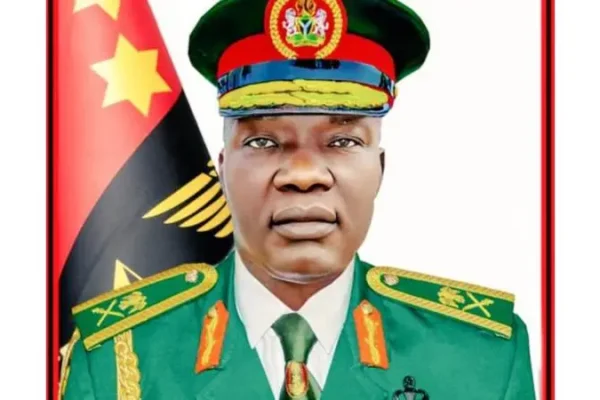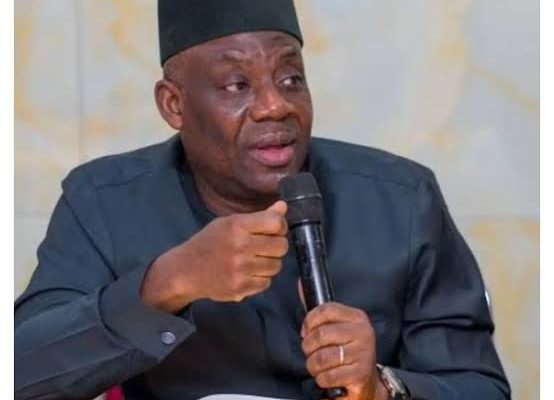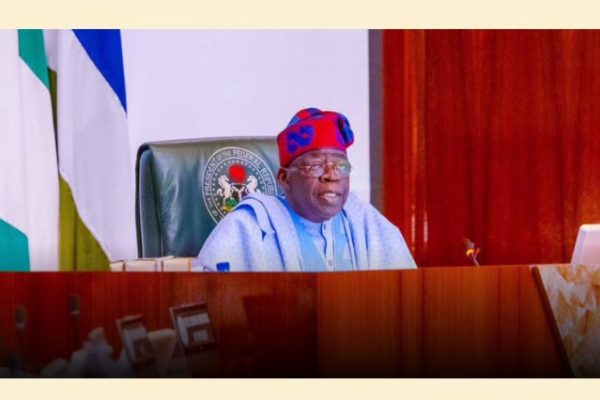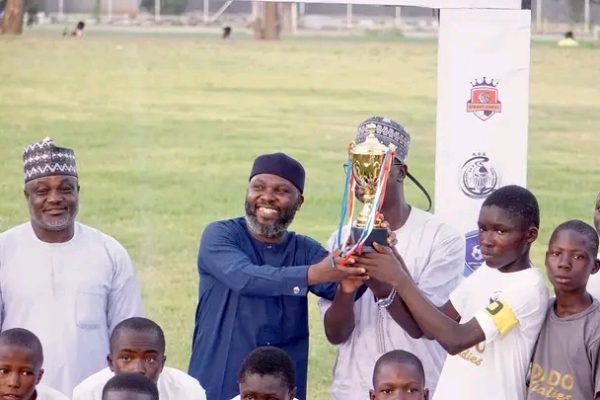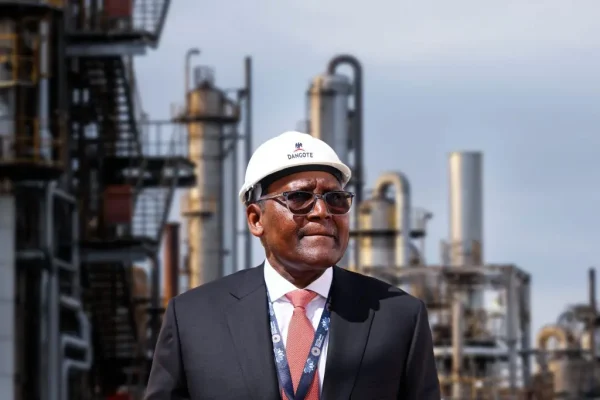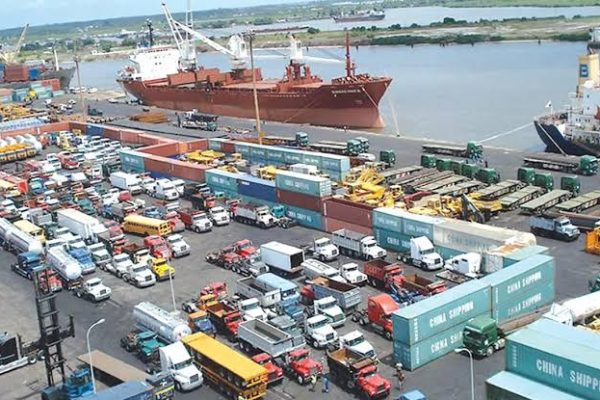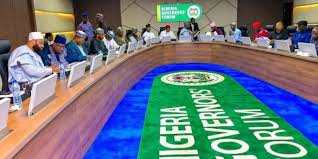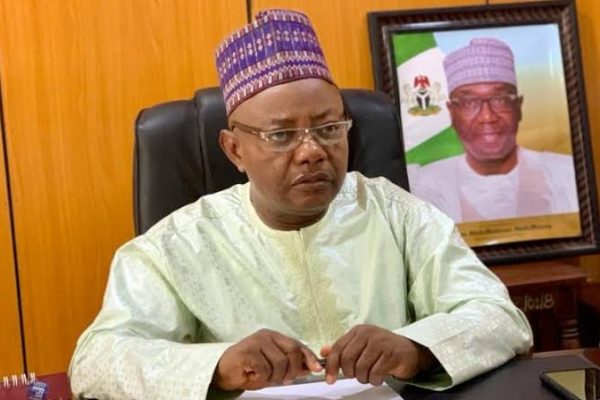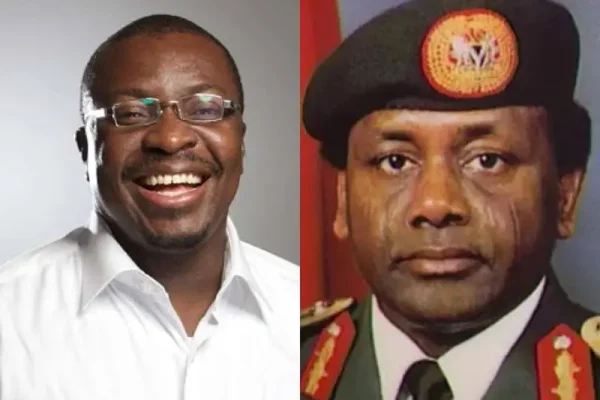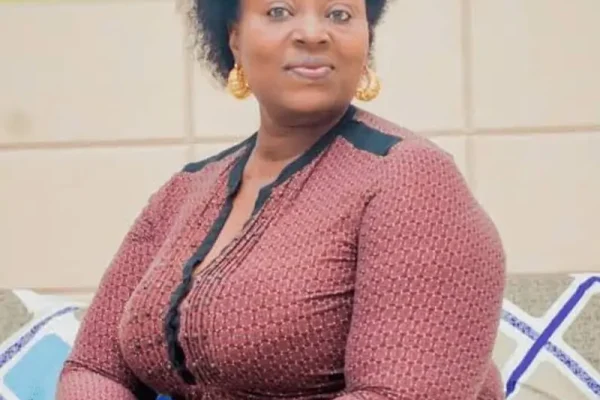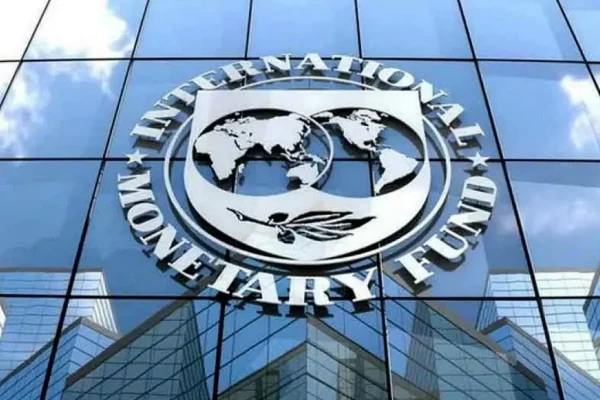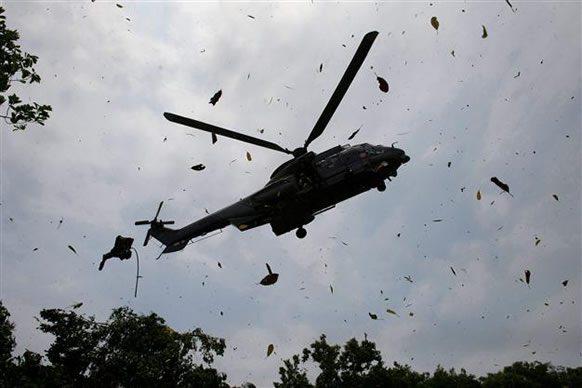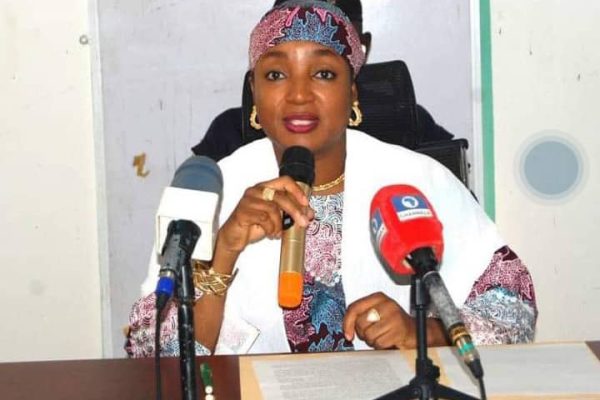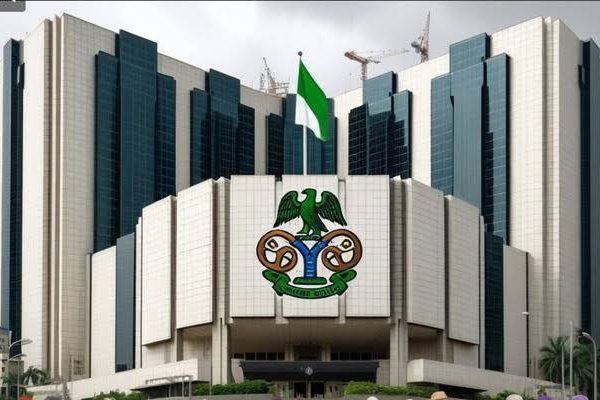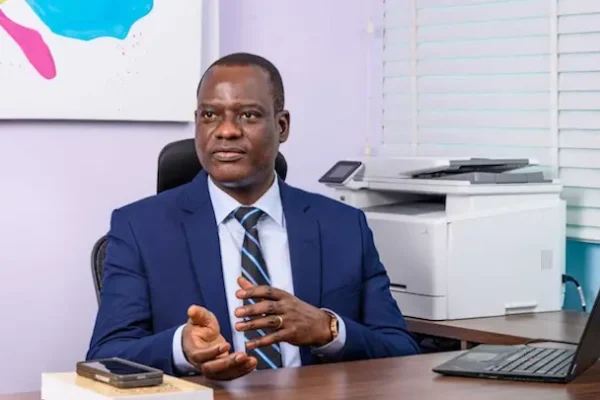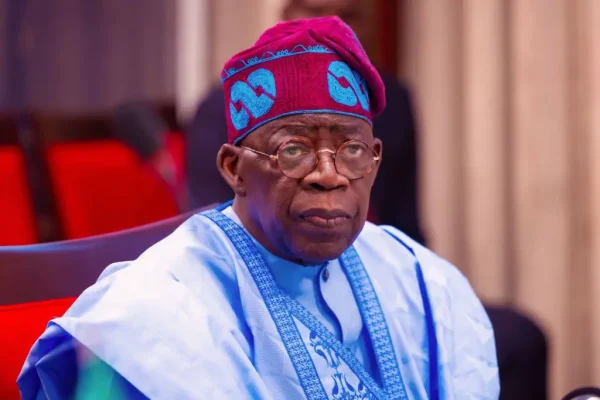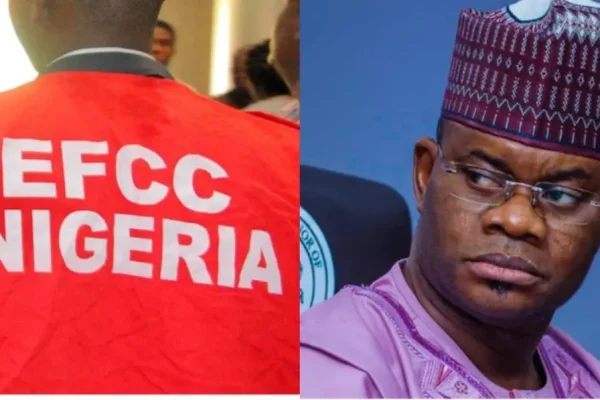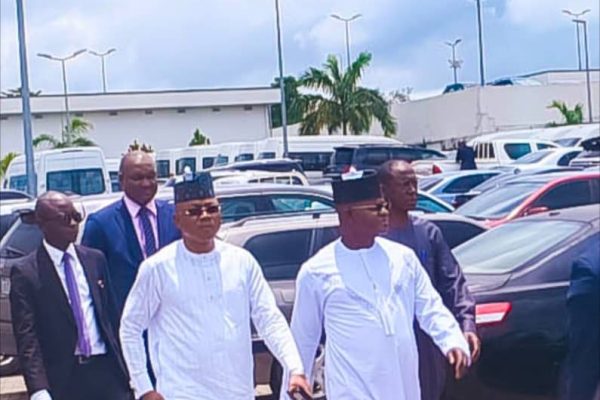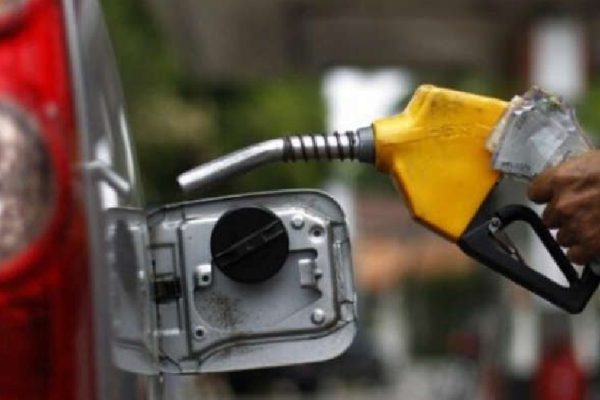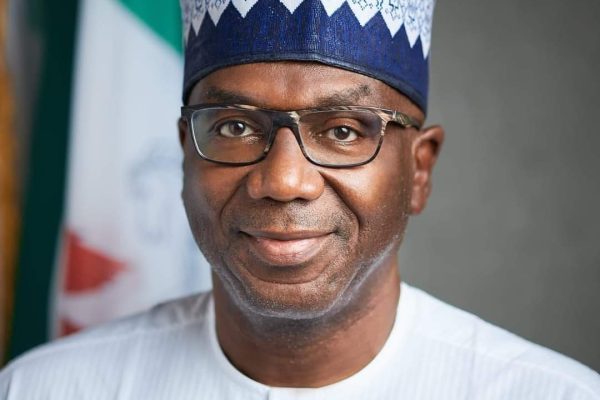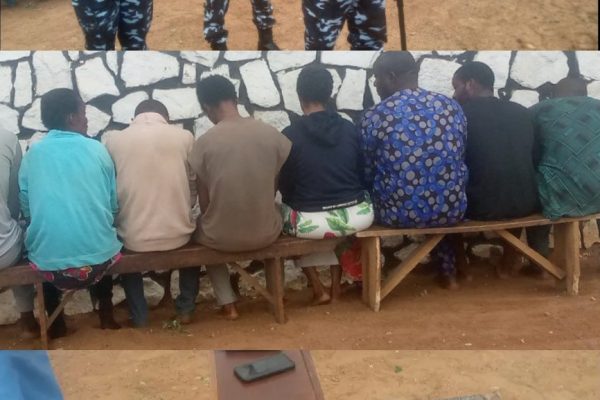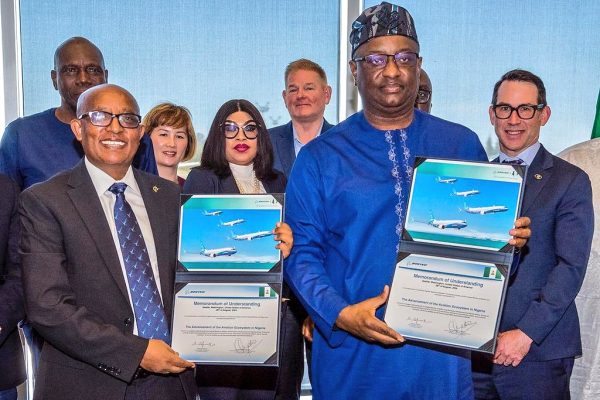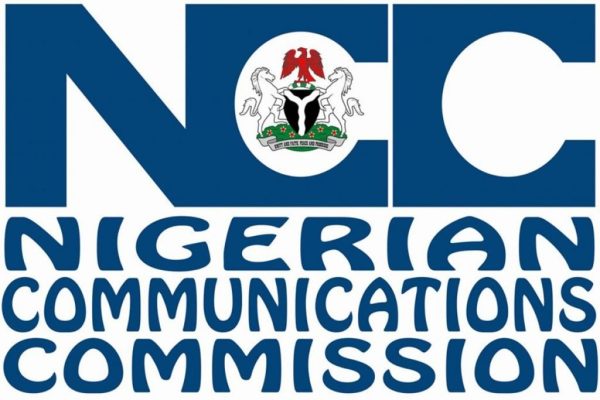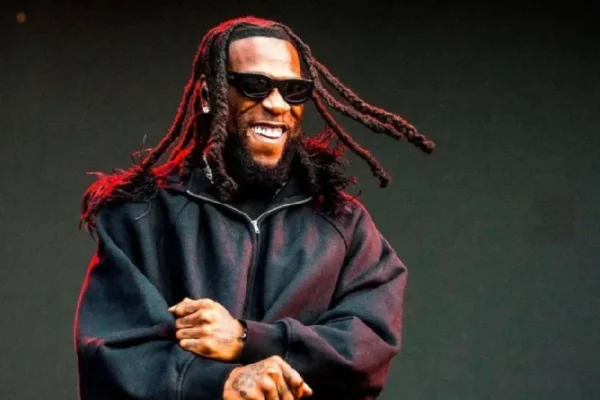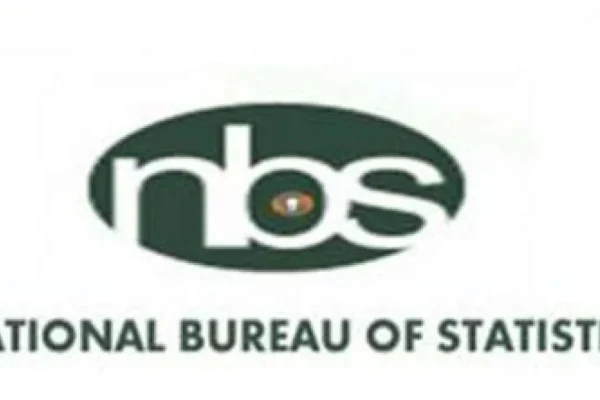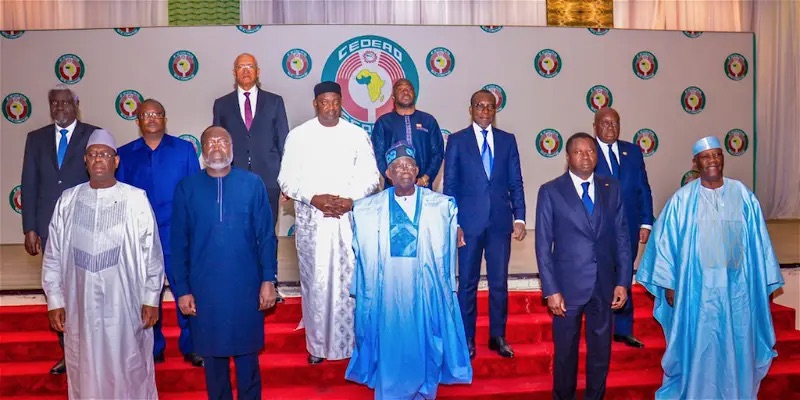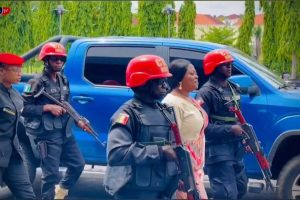As fresh demands for dialogue emerge
The decision of Mali, Niger and Burkina Faso to withdraw from the Economic Community of West African States, ECOWAS, has sparked fresh concerns among stakeholders in the West Africa region.
The parties including Civil Society Organisations, CSOs, and media institutions are worried by the unfavourable position the exit of the three West African countries might place the 49-year-old regional body.

The worries particularly emanated from what was termed the political, economic and security implications that such a move could pose to a region already battling multi-faceted challenges that appear unending.
Among the CSOs disturbed by the twist in ECOWAS’ affairs were the Civil Society Legislative Advocacy Centre, CISLAC; West African Civil Society Forum, WACSOF; the Transition Monitoring Group, TMG; and ThisDay newspapers.
Others include the West Africa Network for Peacebuilding, WANEP-Nigeria, Nigeria Network of NGOs, NNNGOs, and Human and Environmental Development Agenda, HEDA.
They expressed fears at a forum titled: ‘CSOs and Media Interactive Meeting on the State of ECOWAS and Regional Integration in West Africa.’
Held in Lagos, those present decried the sanctions imposed on Niger, Mali and Burkina Faso, saying it was time leaders of the bloc used dialogue to reach a beneficial agreement.
They further called for a speedy restoration of democratic order in the affected countries, noting that the sanctions imposed on the three West African nations were no longer fashionable and should be lifted.
Sovereign decision
Setting the tone for the conversation, the Executive Director of CISLAC and Chairman TMG, Mallam Ibrahim Musa, said Niger, Mali and Burkina Faso were specific about their withdrawal in what they described as “sovereign decision,” adding that recent developments within the region were worrisome.
He said ECOWAS was established in 1975 to protect the economic and collective interests of members, however, it has failed to be beneficial to member countries.
According to him, although the regional authority acknowledged the importance of the three aggrieved countries as an integral part of the union, the Nigerian presidency statement – putting them off as already suspended members to suggest their pull-out is inconsequential – may have worsened the situation.
The TMG chairman also wondered why the activities and policies of ECOWAS were little known to citizens, thus encouraging the citizens to not only acquaint themselves with opportunities that are inherent within the bloc but also take advantage of them.
While appealing to the military administrations in the affected countries not to transform themselves into civilian presidents so as not to give the wrong notion that they set out to upstage democratically elected administrations in their countries, Musa said ECOWAS must come out decisively against rigging of elections.
He said: “Among other things, a more integrated West Africa is required to defeat the violent extremism, terrorism and other trans-border crimes currently bedevilling the region. There is no gainsaying that the measures undertaken by the community to promote and consolidate cooperation among member states on criminal matters such as the protocol on Mutual Assistance on Defense Matters and the Convention on Small Arms and Light Weapons have greatly contributed to a regional effort at combating terrorism and crimes in the region. Therefore, having a united ECOWAS is important to defeating terrorism and other organised crimes in the region.
“As civil society organisations in Nigeria and the West African region, we are resolute in working to ensure ECOWAS stays focused on promoting genuine democratisation processes in the region. It is against this backdrop that this CSOs interactive meeting is holding to put out a common position which emphasises more political, economic and security stability for West Africa.”
ECOWAS Vision 2050
Also speaking, Senior Programme Officer of TMG, Mr Solomon Adoga, in his presentation, titled: ‘ECOWAS Vision 2050’, said it would be impossible to start conversation on ECOWAS Vision 2050 without recalling ECOWAS Vision 2020, adding: “ECOWAS Vision 2020 has been investigated and it had its achievements.”
He identified President Muhammadu Buhari’s approval for the construction of a railway from Nigeria to Maladi in Niger Republic as one of those achievements.
According to Adoga, though Nigerians kicked against it, it was an effort aimed at achieving a project based on the ECOWAS Vision 2020 agenda.
He highlighted the five pillars of Vision 2050, including peace, security and stability; governance and rule of law; economic integration and interconnectivity, saying: “A fully integrated community of people, living in a peaceful and prosperous region, with strong institutions respectful of fundamental rights and freedoms, striving towards inclusive and sustainable development.”
Consultative process
Also, General Secretary of WACSOF, Mr. Kop’ep Dabugat, in his presentation, titled: ‘CSOs Engagement within ECOWAS to support Regional Integration,’ said he was unhappy about the fact that since ECOWAS was created in 1975, its treaty does not allow for civil society engagement.
He added that though after some efforts were made to get them to be a participant, they were reluctantly permitted with only two such groups – the Civil Society and Democracy Development and the International Alert based in Kaduna, Nigeria.
He said: “ECOWAS must have a more consultative process for its programmes. It needs to find a way to enlighten its citizens. It is high time we had a genuine conversation about democracy. We have seen people talk about whether democracy is suitable for Africa. Of course, democracy is suitable for Africa because democracy provides a mechanism for monitoring progress. We need to have a serious conversation on how to make democracy work for Africa.”
Unity
On her part, Features Editor, This Day Newspapers, Ezeobi Chiemelie, in her presentation, talked about why ECOWAS will never unite, noting allegiance to the West as a reason. She said: “You need a respected leader to chair ECOWAS. You cannot be sanctioning Niger, Mali and Burkina Faso over military coups and a president has done unconstitutional things in Senegal, yet say nothing.”
On why Africans must unite, she said: “If Africans were united, there is no way the West would treat us with disdain, especially as they did during the COVID-19 when they refused to acknowledge that Africa had its own solution and gave us clothes they could not give to their dogs.”
She asked: “Is there hope?” Adding: “Of course as humans, we can’t but hope that one day, the continent will grab the bulls by the horns and chart a course for a future of prosperity, peace and economic stability. But with realities on the ground, your guess is as good as mine but let’s see what ECOWAS 2050 will entail and portend for the continent.”
Recommendations
Meanwhile, in an 11-point recommendation delivered by Musa on behalf of the stakeholders at the end of the forum, they noted, among others, that “immediate dialogue must be pursued with the affected countries and all sanctions be removed to pave the way for genuine reconciliation.
The Authorities of Niger, Mali, and Burkina Faso rescind their decisions to withdraw from ECOWAS because of obvious beneficial reasons. State and non-state actors in the region should intensify engagements towards ensuring a more united ECOWAS.
“ECOWAS should work with the authorities in these countries to urgently adopt transition plans with a clear roadmap for a quick restoration of democratic order.
“We urge the military authorities in the affected countries to refrain from attempts to transform themselves from military to civil rulers.
ECOWAS should work with the Authorities in these countries to ensure free, fair, and credible elections. We urge CSOs and media to engage positively and ensure electoral transparency, popular participation and inclusion in the electoral process.
“In the spirit of the ideals of ECOWAS VISION 2050, we call on ECOWAS to speed up the review of the ECOWAS supplementary protocol on good governance to prevent tenure elongation, electoral manipulation and rigging, and curb unconstitutional changes of government.
“With the adoption of Vision 2050, ECOWAS Parliament should begin to have elective representatives rather than appointive representation. This will contribute to making it a truly ECOWAS of the peoples.
“ECOWAS should operationalize the consultative aspects of the functions of the ECOWAS National Units to ensure connection with the citizens of Member States in the implementation of ECOWAS Agreements at the national levels, in line with the spirit of the ECOWAS Vision 2050
“Civil society and media should embark on peace missions to consult key stakeholders in the affected countries to provide support towards a quick return to constitutional democracy.”


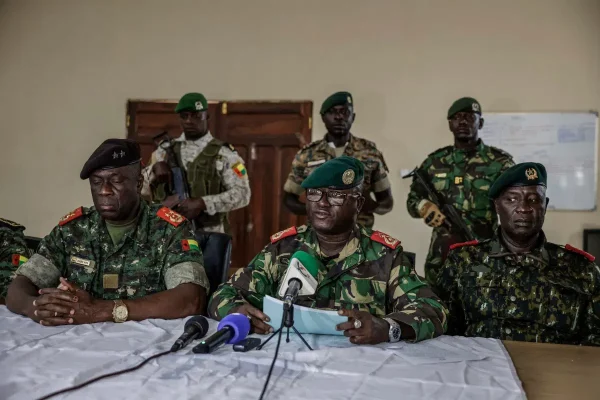
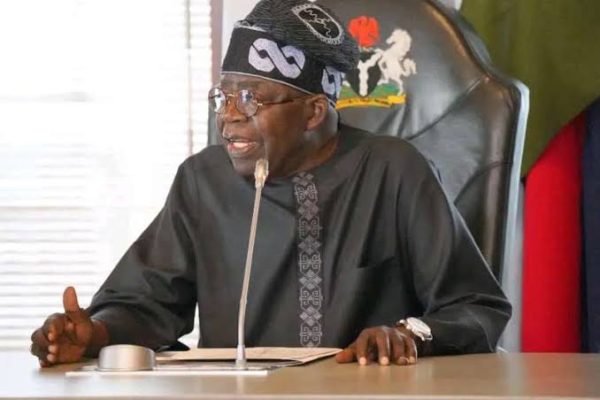
































































![CAC removes 247 companies from database [Full List]](https://theprimenews.ng/wp-content/uploads/2025/08/Corporate-Affairs-Commission-CAC-building--600x400.webp)



















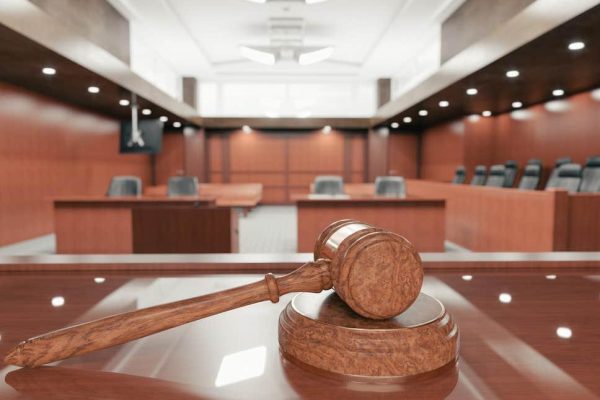


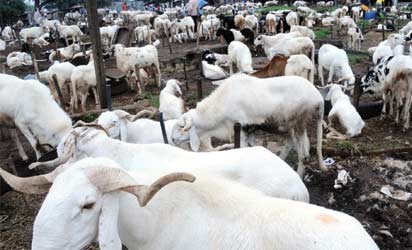
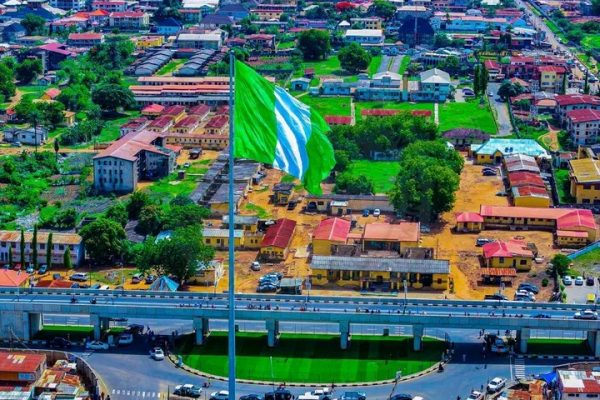
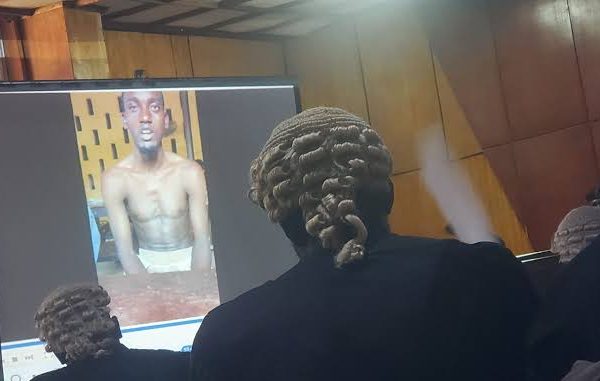









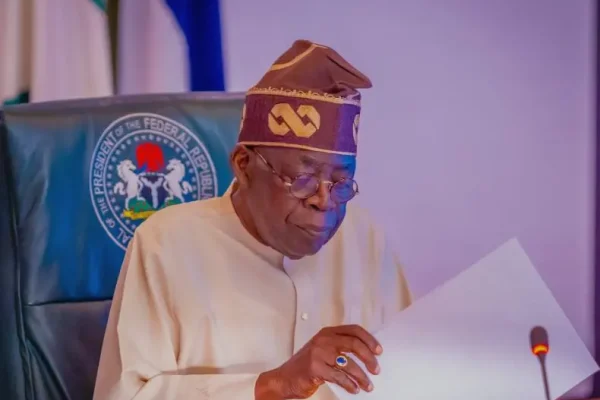

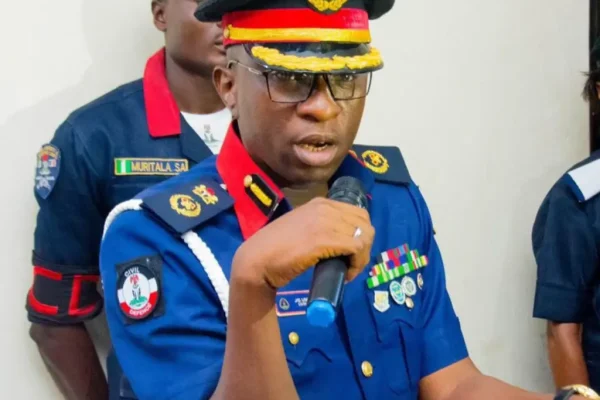
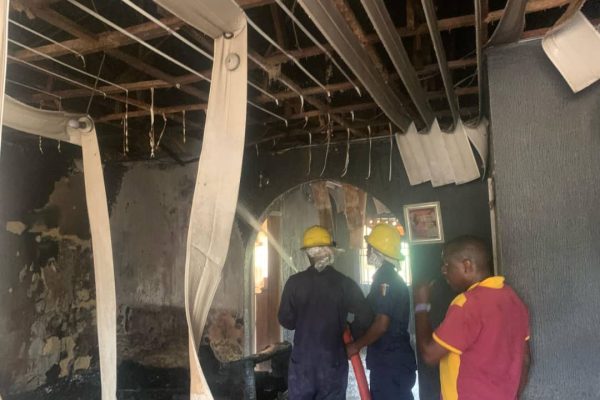
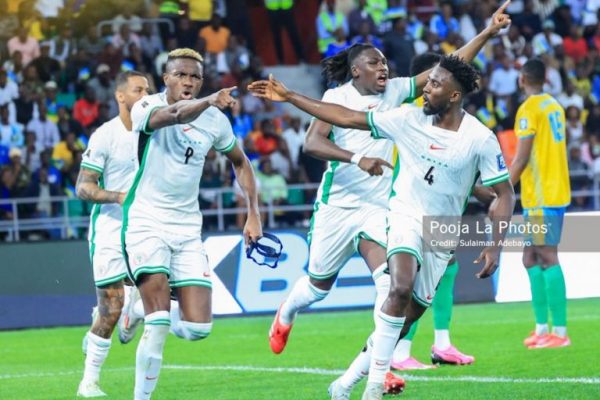
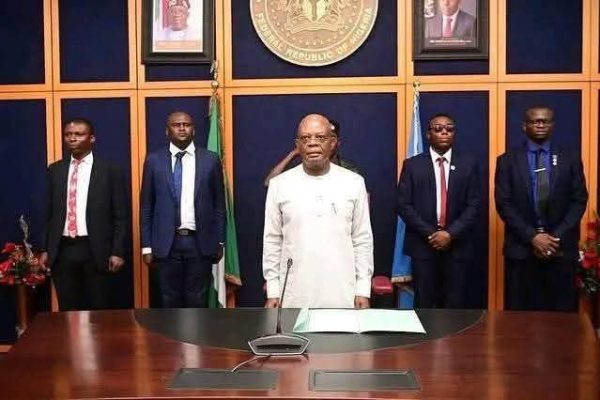
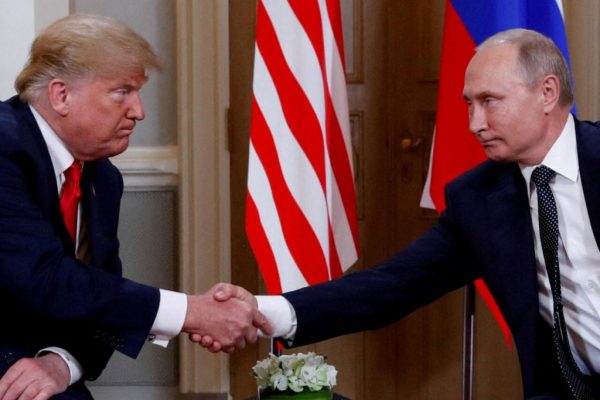
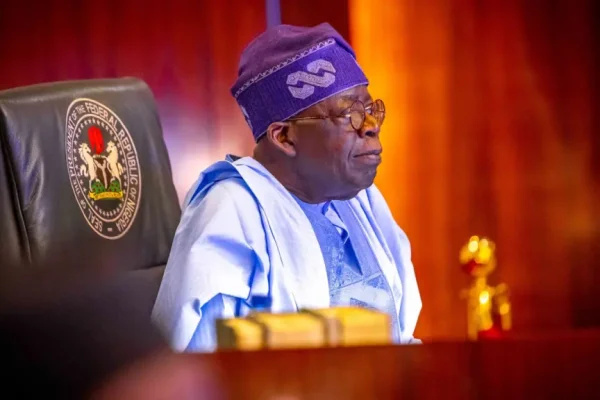
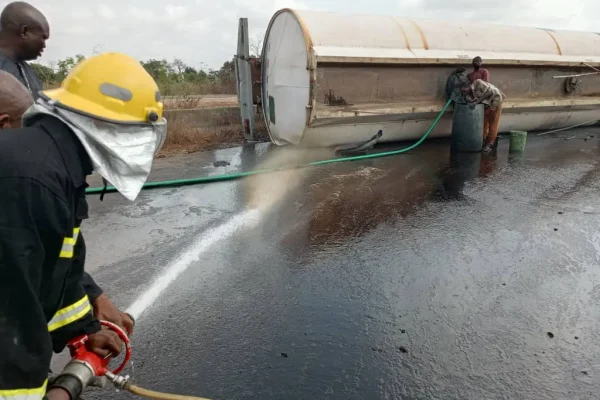
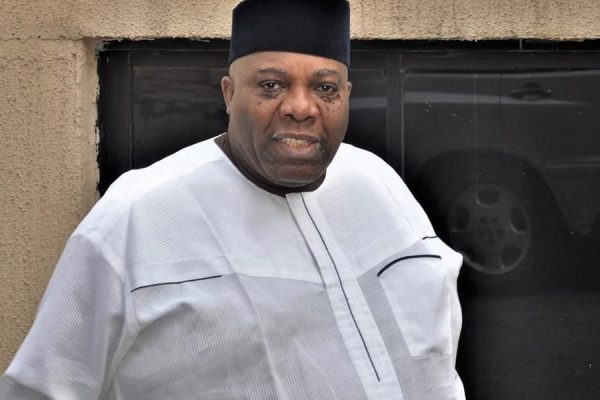
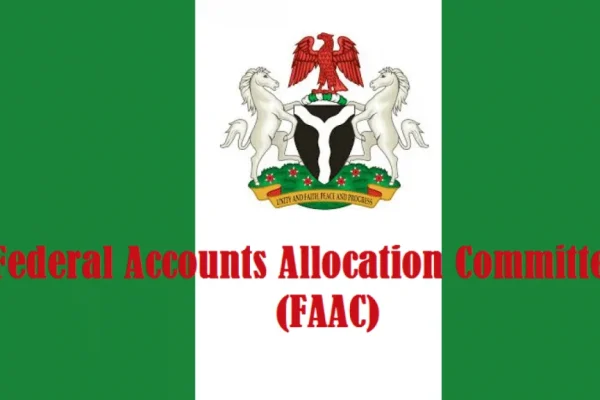

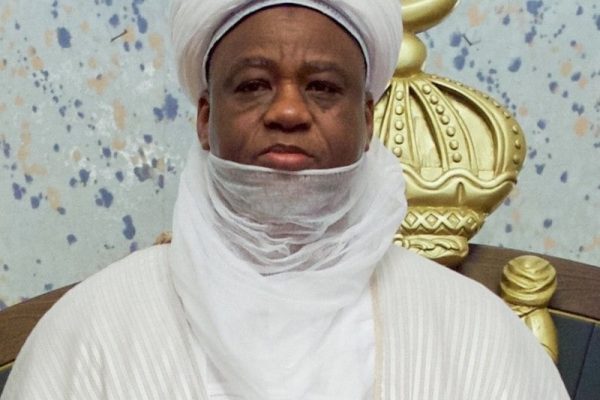
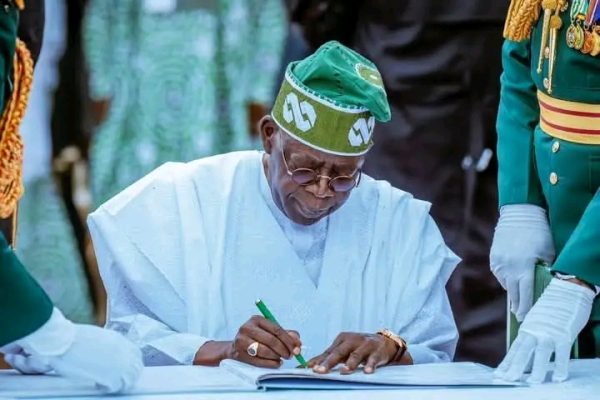
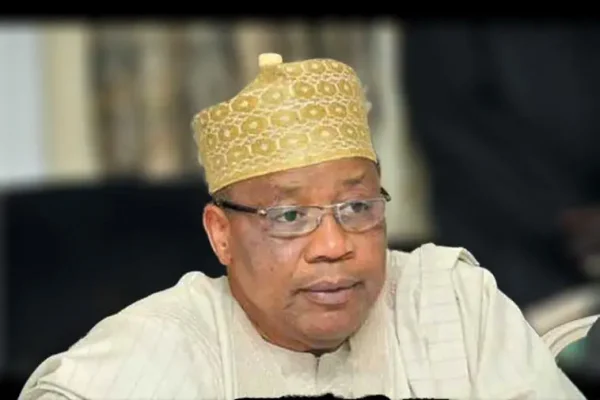

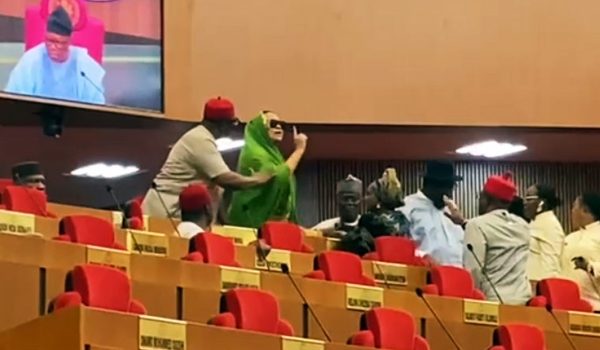
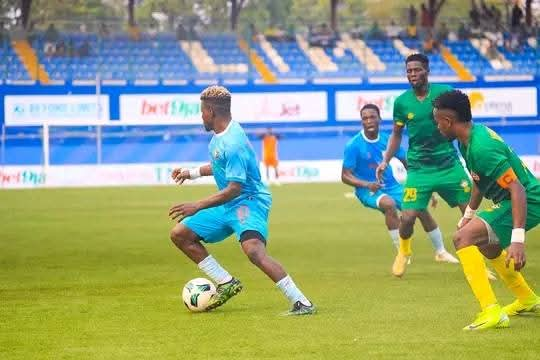

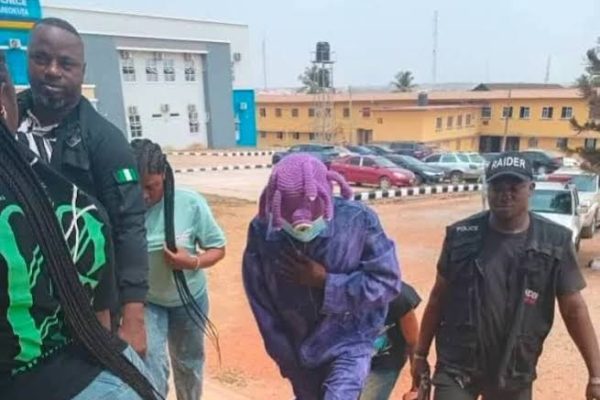
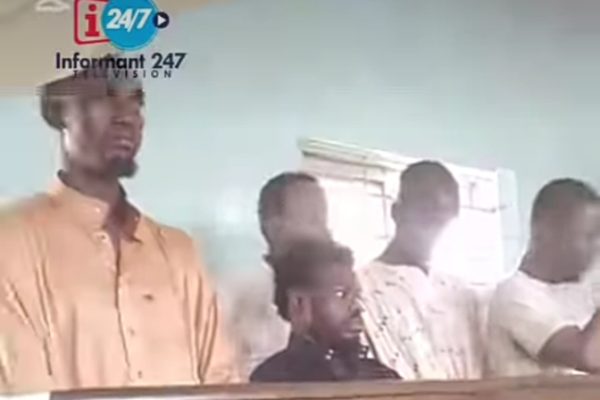
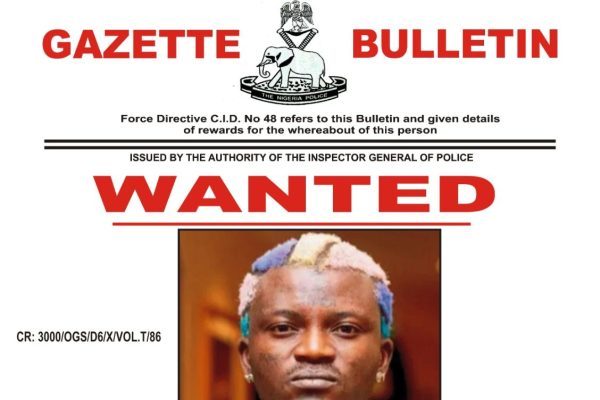
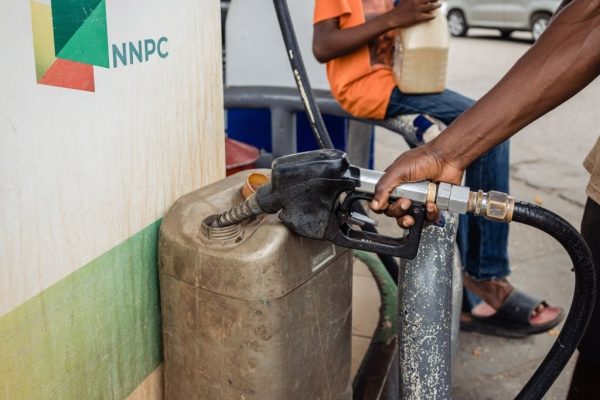

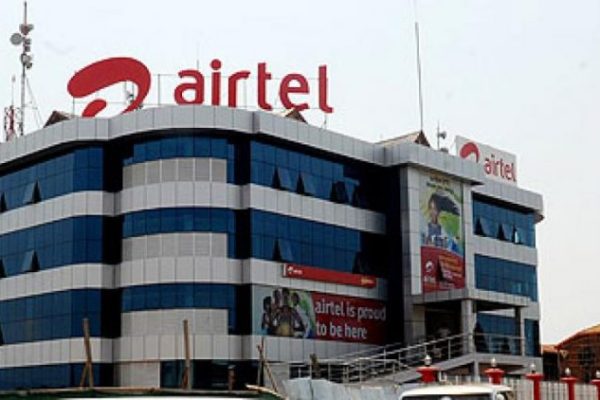
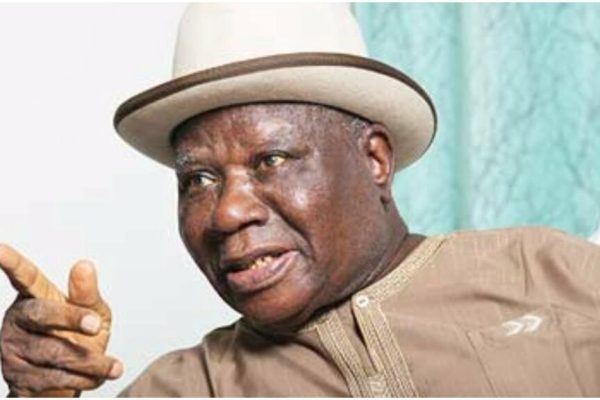
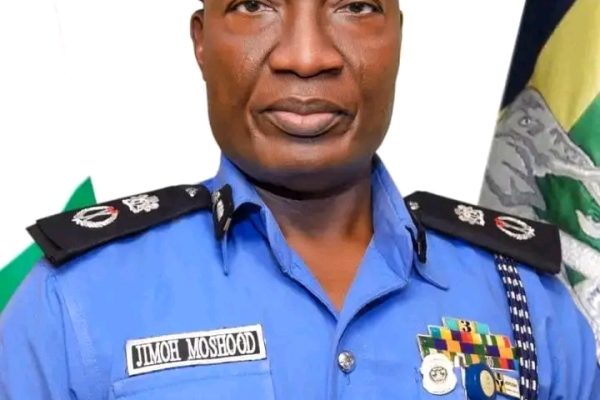

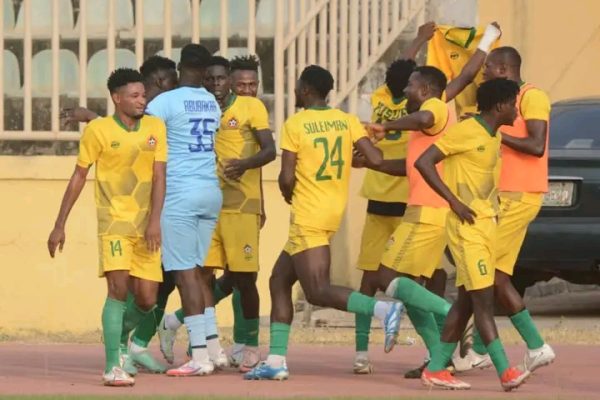


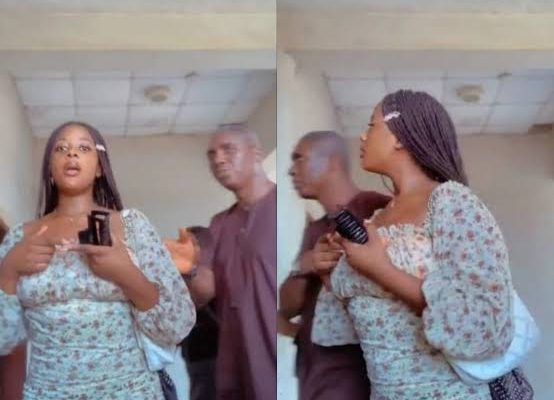





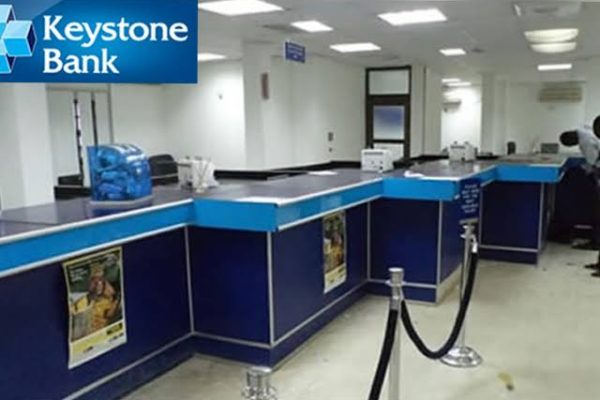

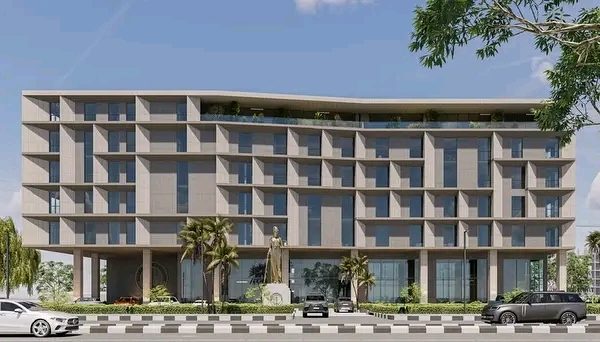
![‘I love Natasha’ – 2Face announces marriage plans with Edo lawmaker [VIDEO]](https://theprimenews.ng/wp-content/uploads/2025/02/GridArt_20250203_143302913-scaled-1-600x400.jpg)

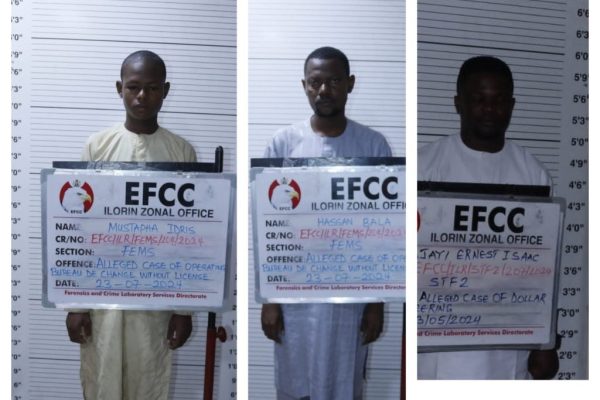
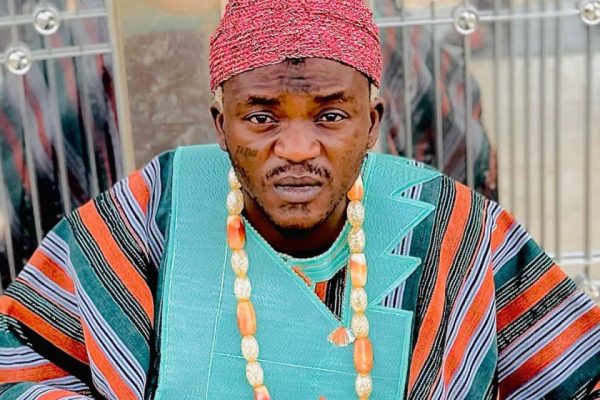
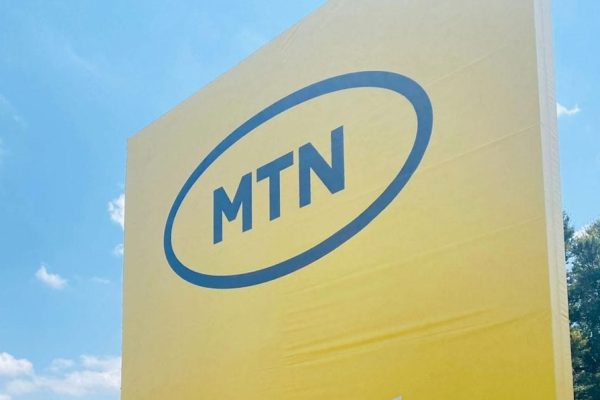
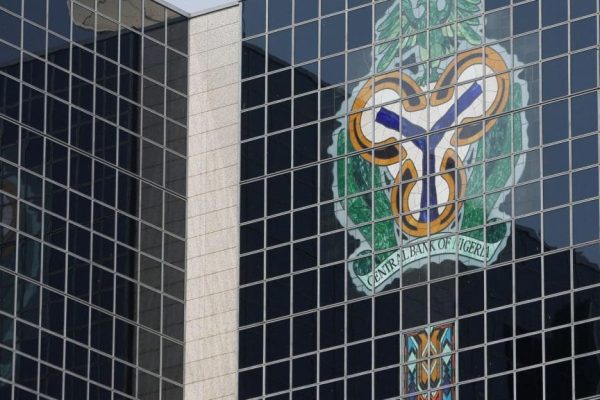
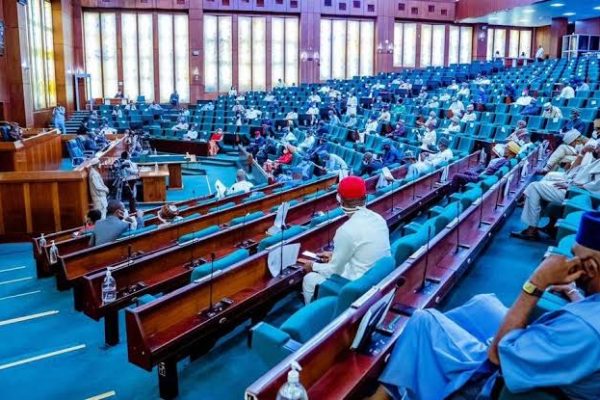
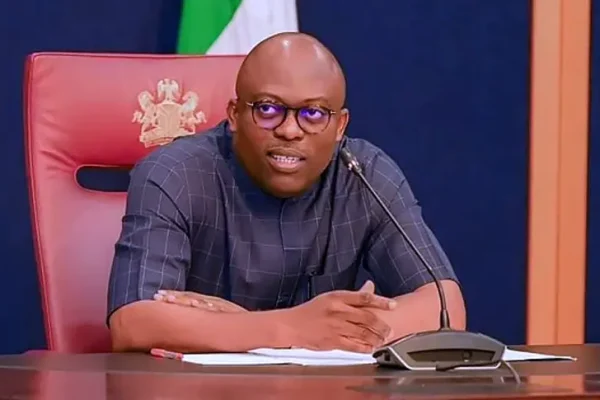


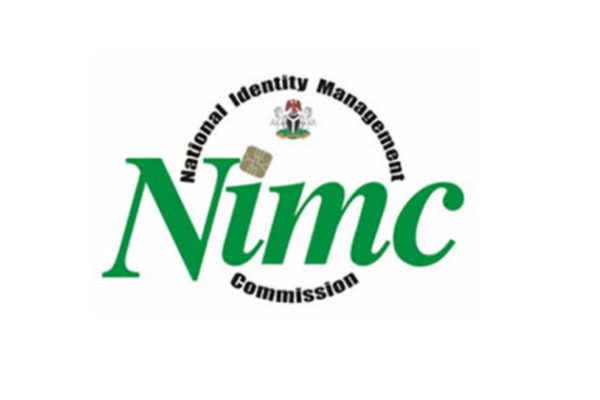

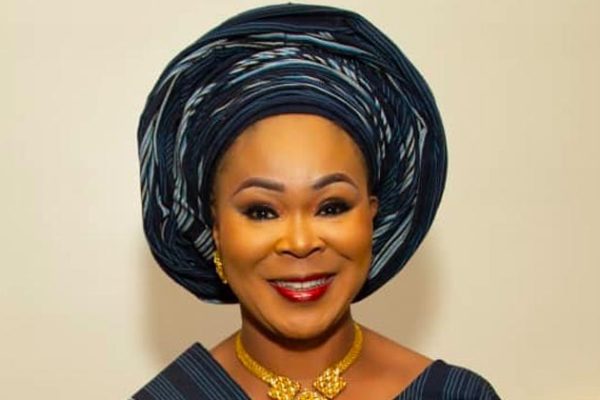
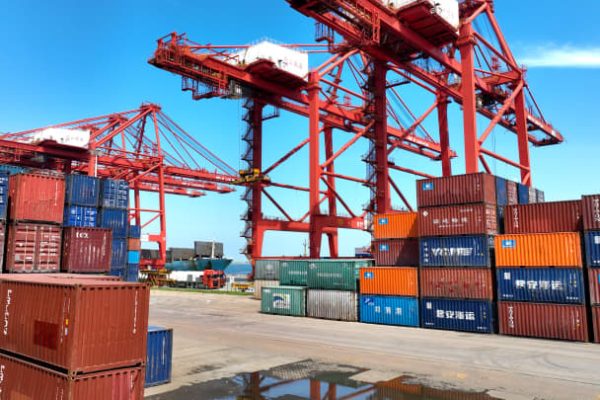


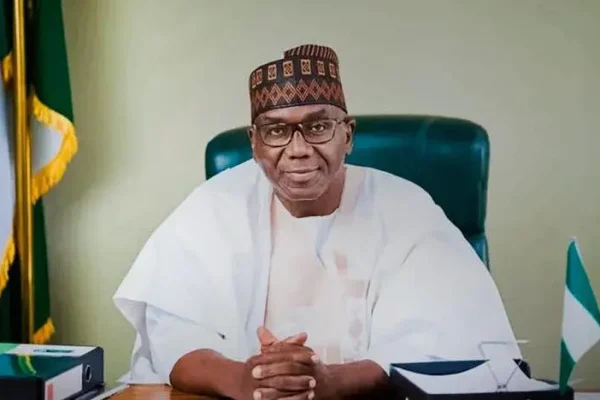

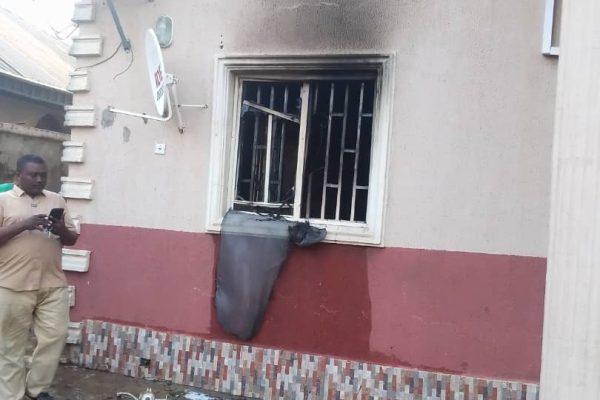




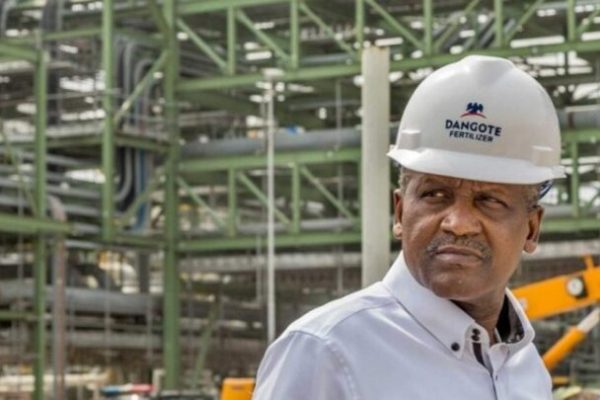
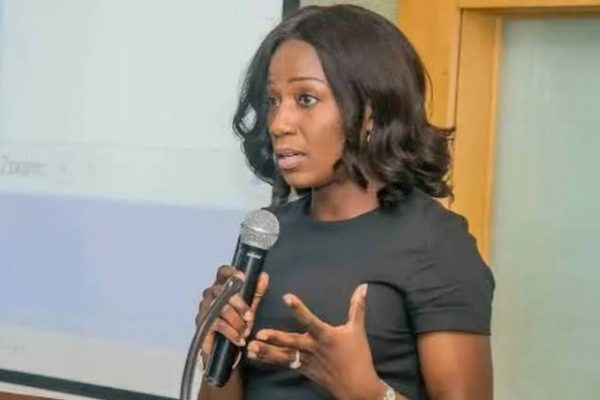
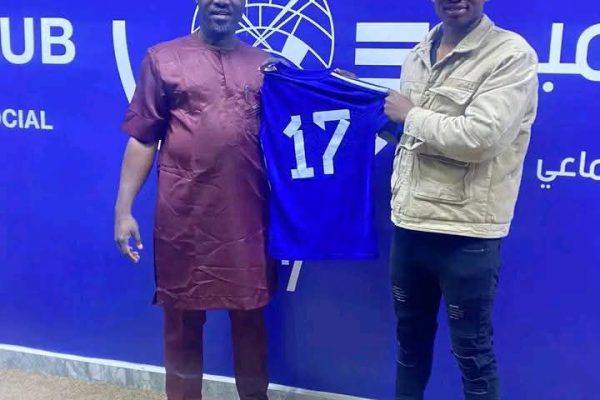
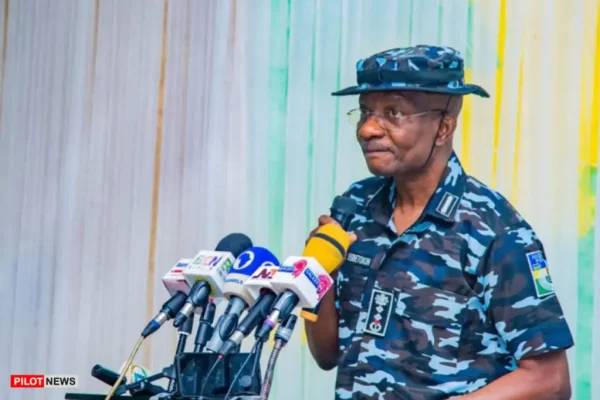

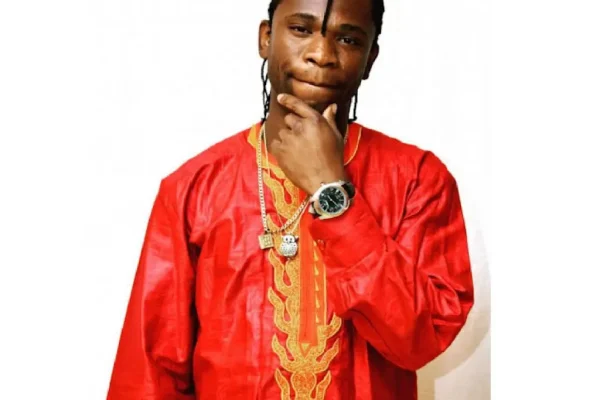
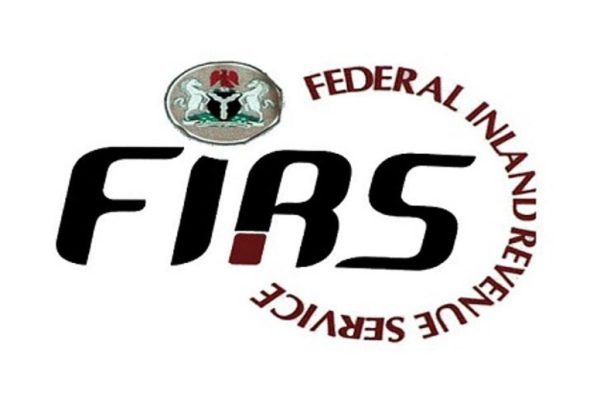
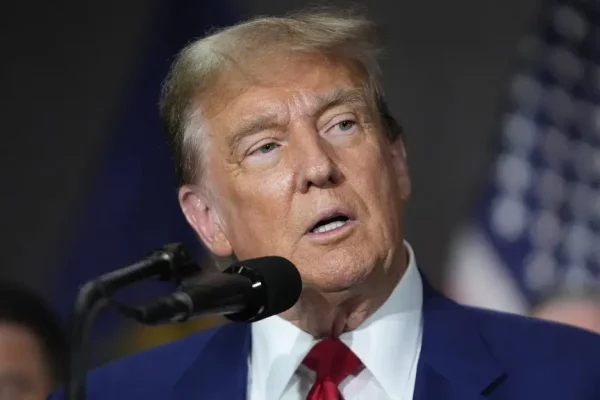
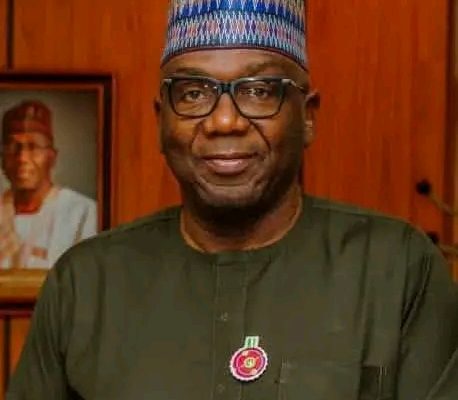
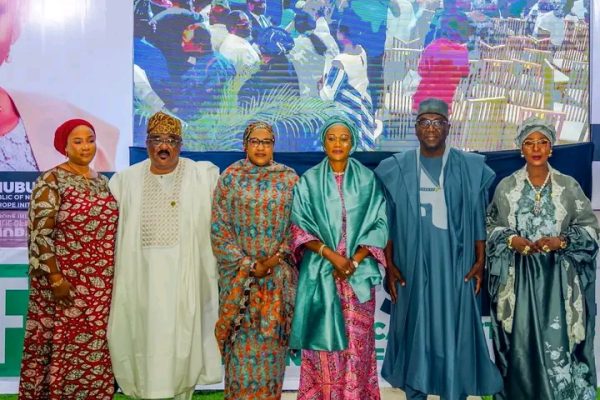

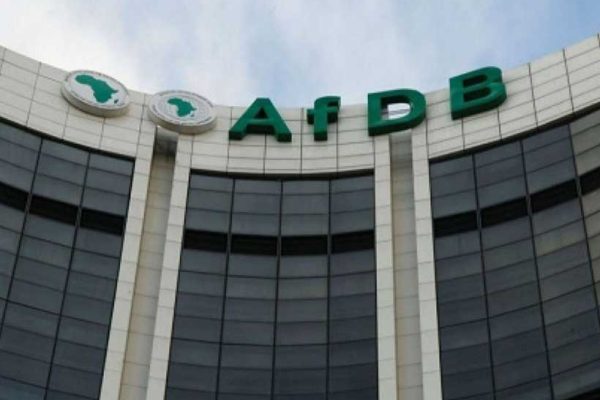
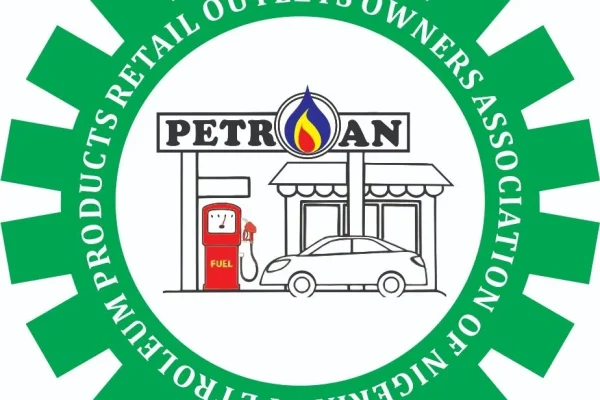
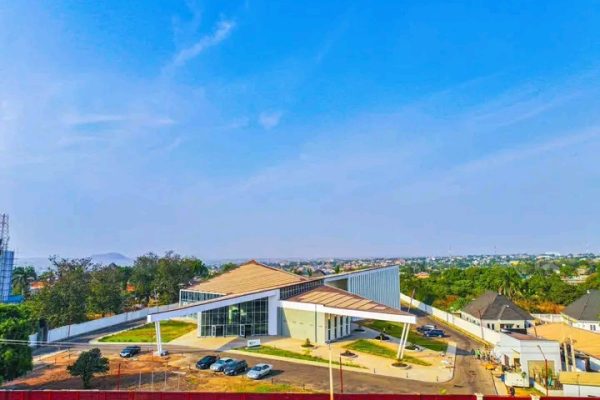
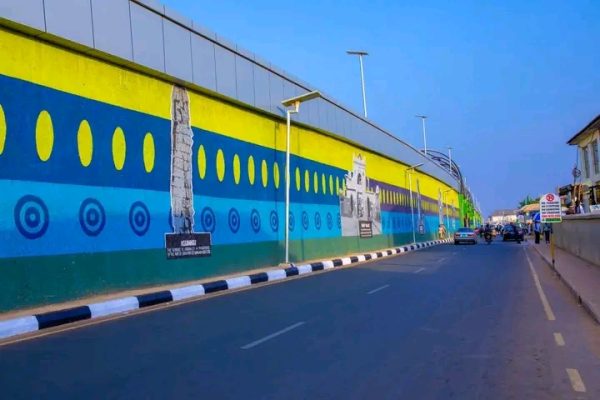
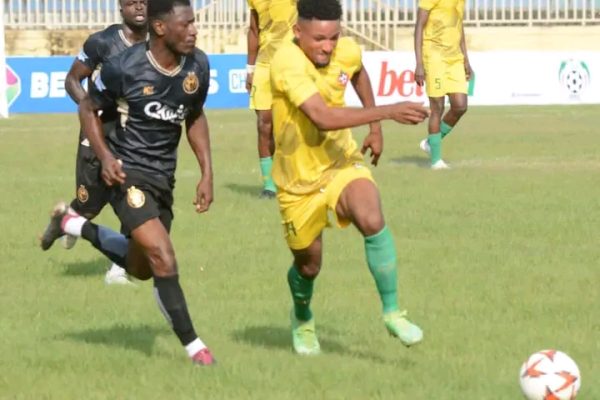


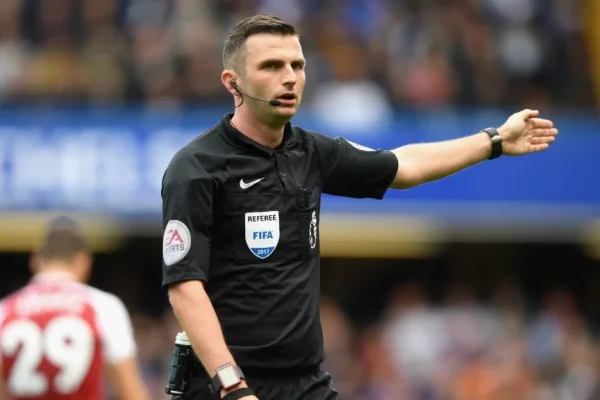

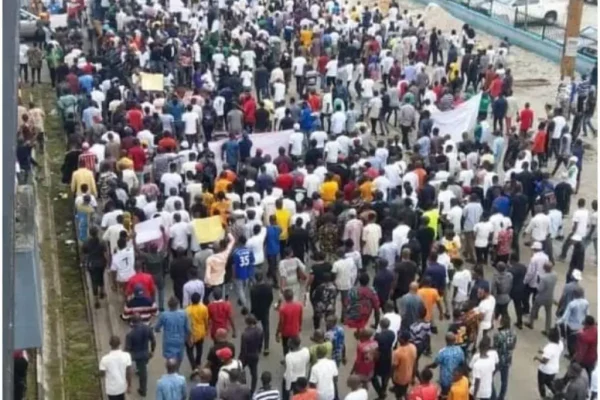
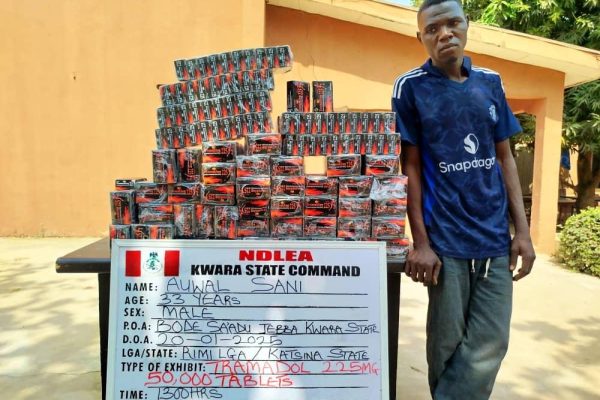
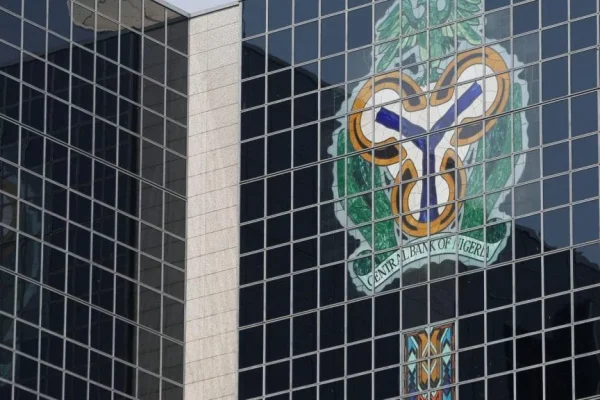
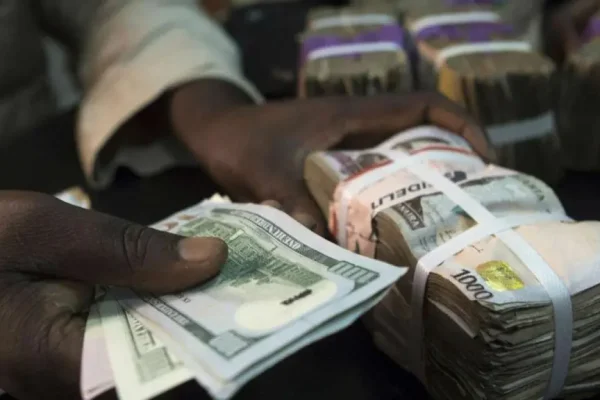
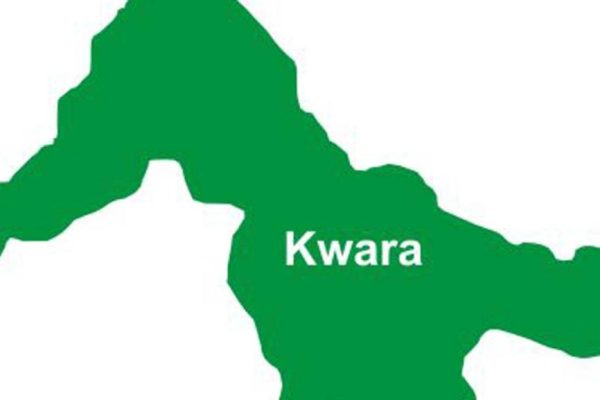
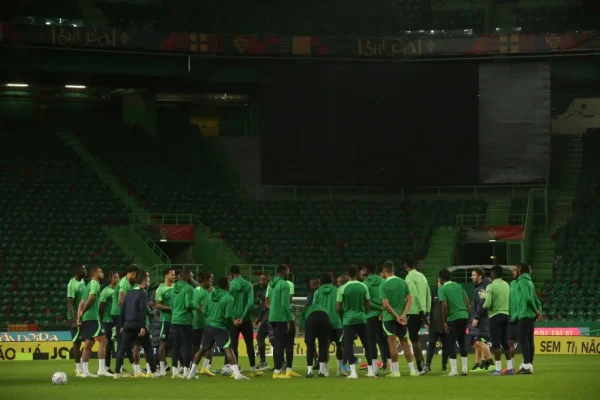



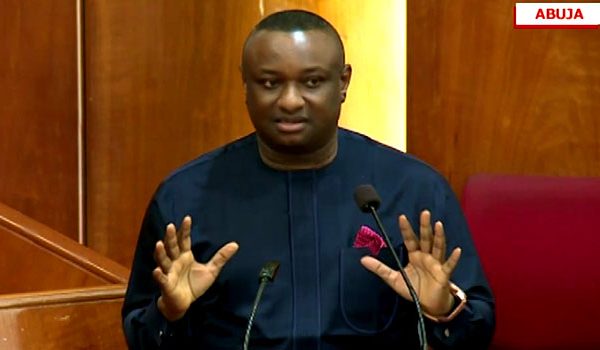

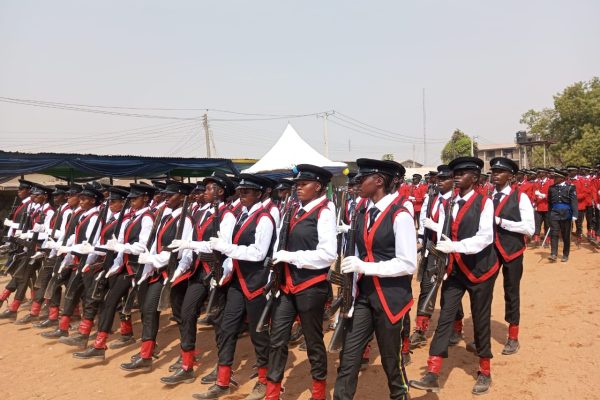

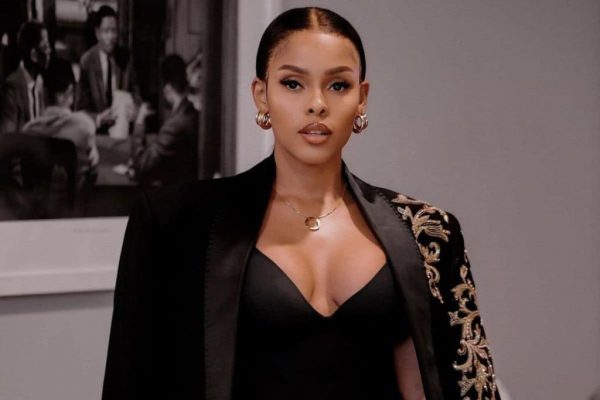

![Europa League: 7 teams qualify for Round of 16, knockout stages [Full list]](https://theprimenews.ng/wp-content/uploads/2025/01/258743-1024x538-1-600x400.jpg)

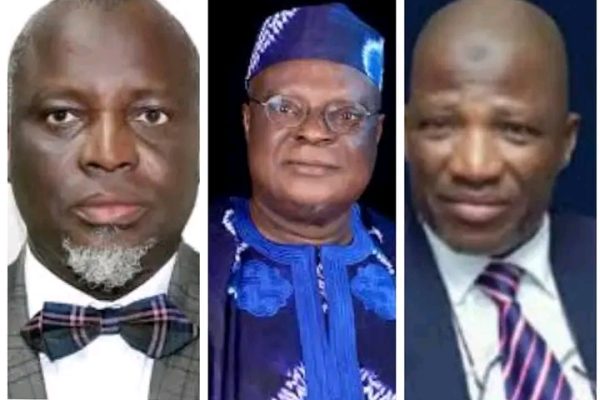
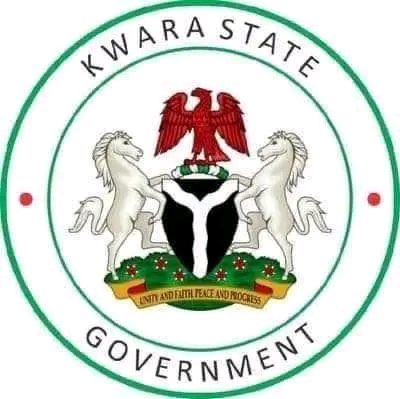


![‘Jesus take the White House’ – Nathaniel Bassey ministers at Trump’s prayer breakfast [VIDEO]](https://theprimenews.ng/wp-content/uploads/2025/01/Nathaniel-Bassey-1024x681-1-600x400.webp)
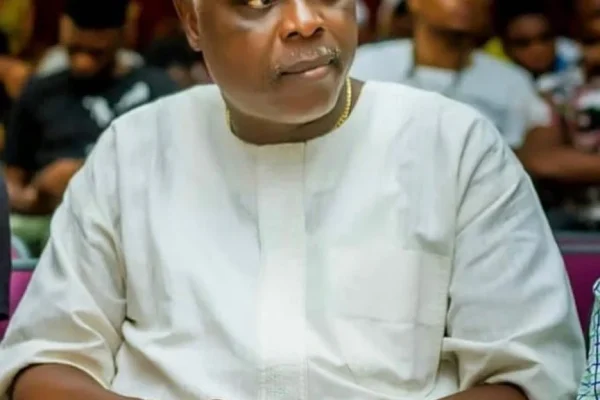
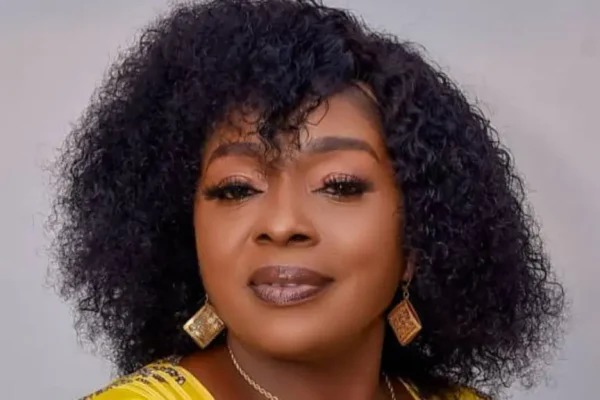
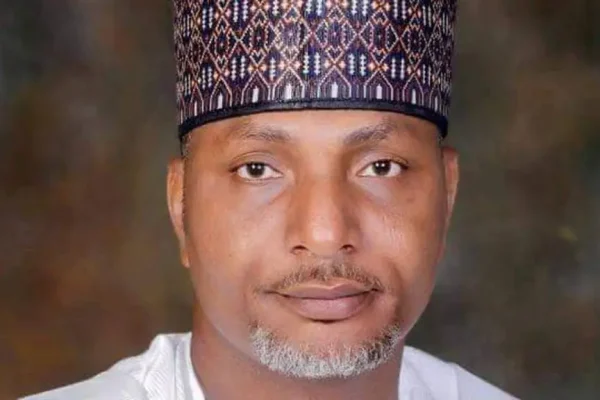
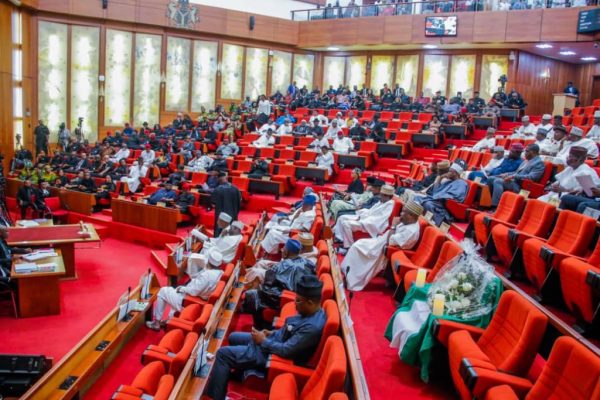
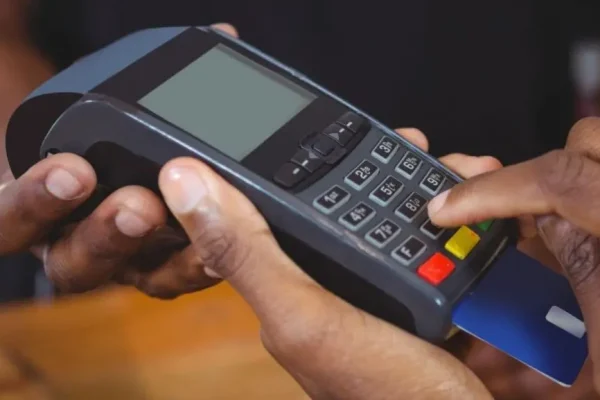
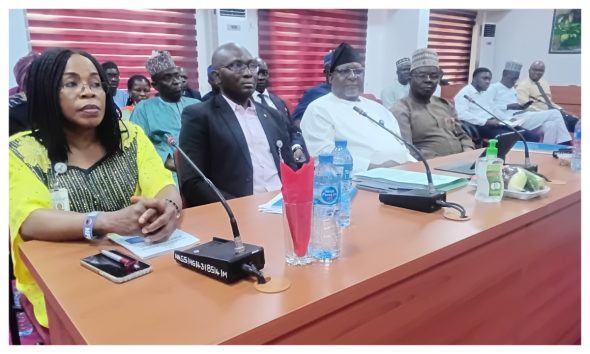
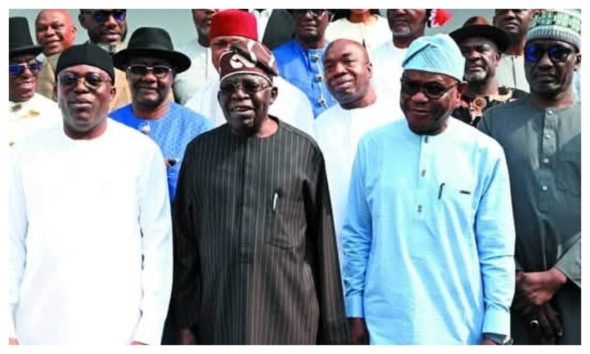
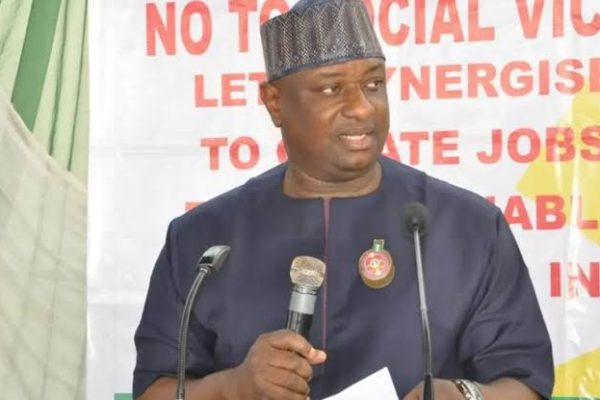

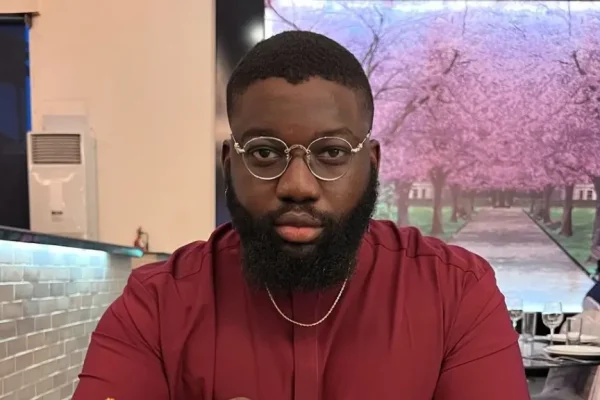
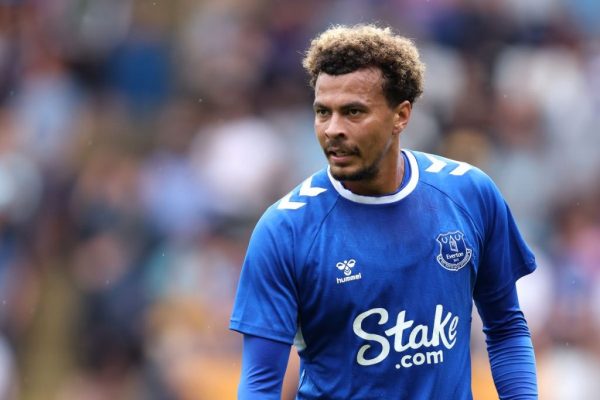
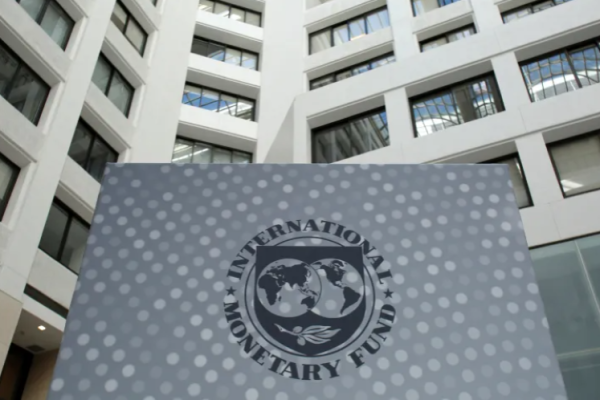


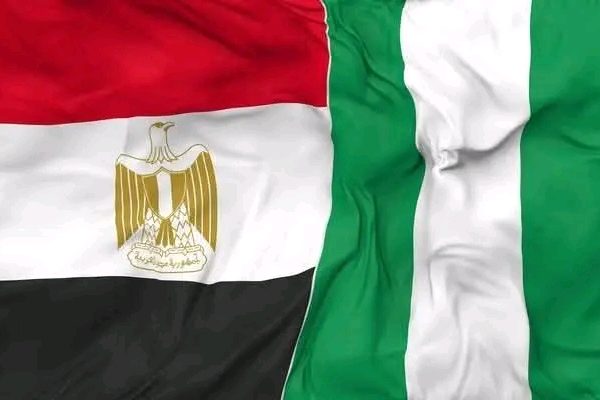
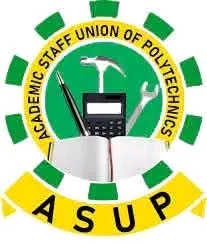
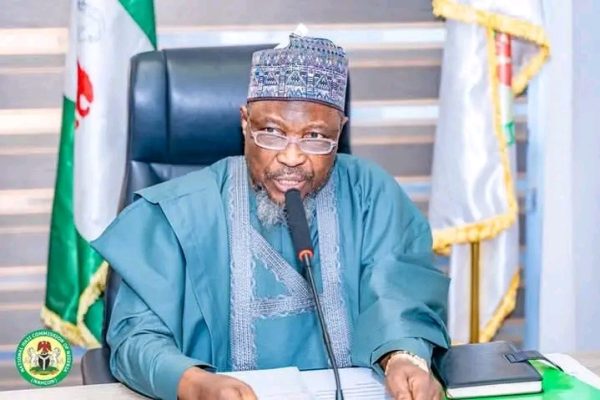
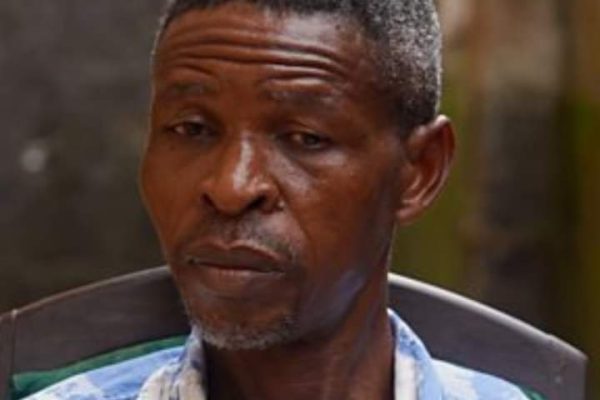

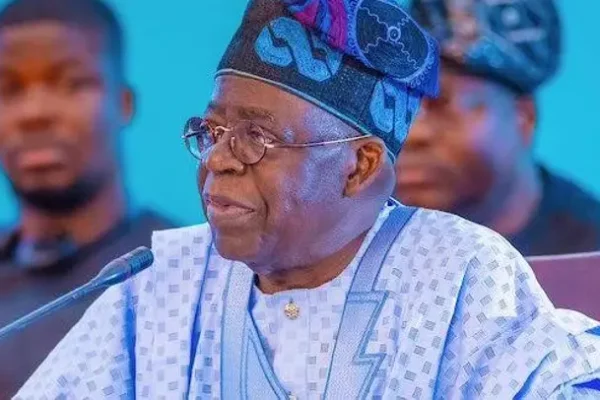
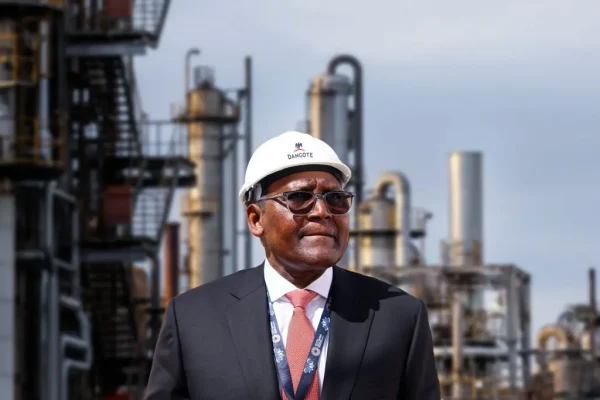

![Copa del Rey: All 8 teams in quarterfinal confirmed [Full list]](https://theprimenews.ng/wp-content/uploads/2025/01/1126686360.jpg.0-1024x683-1-600x400.webp)

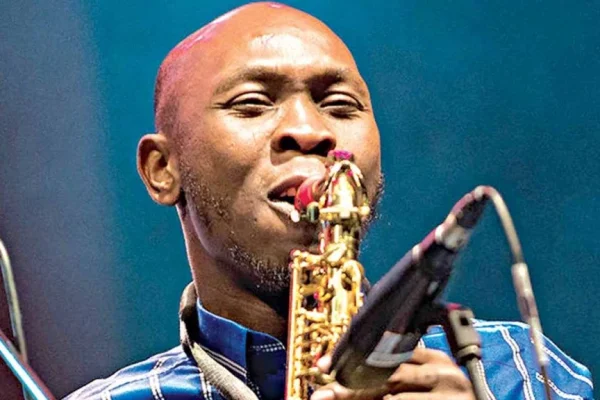

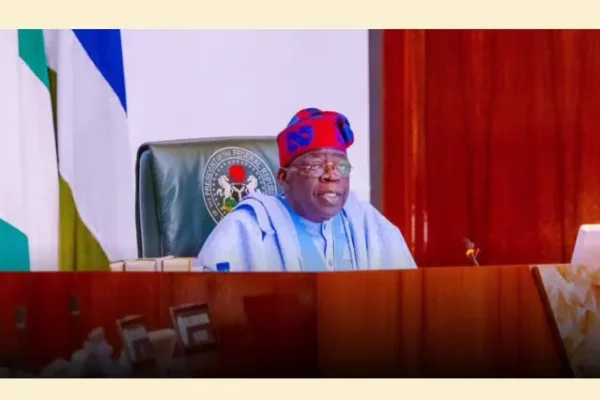
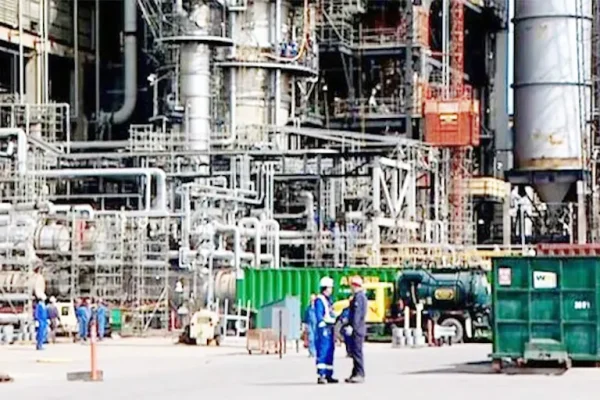
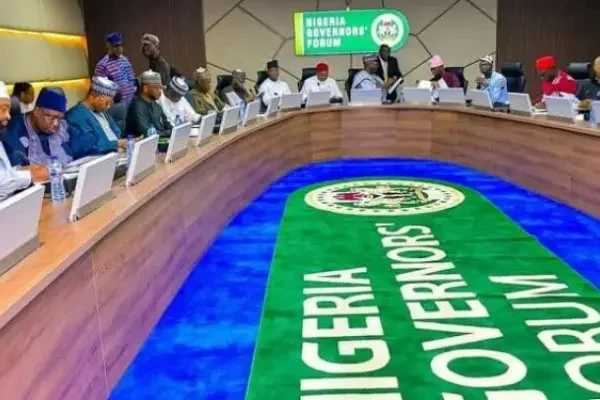









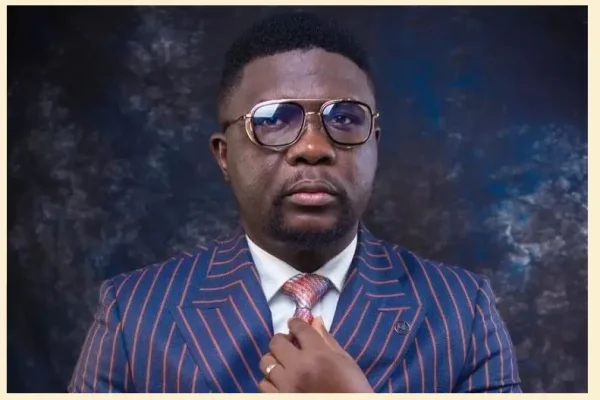


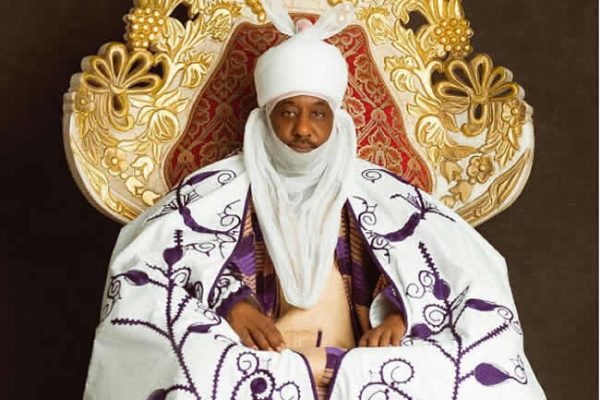
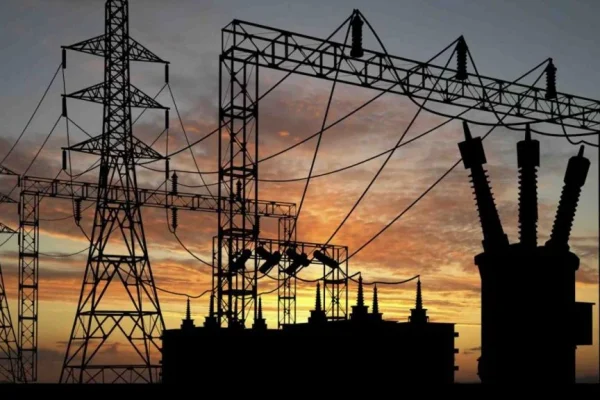

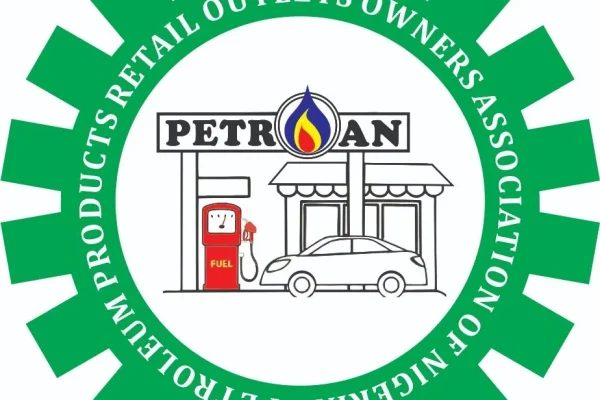



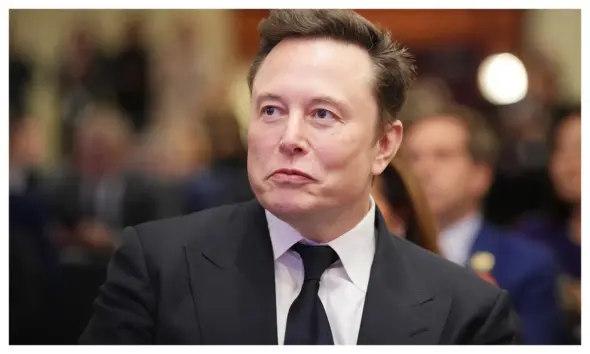

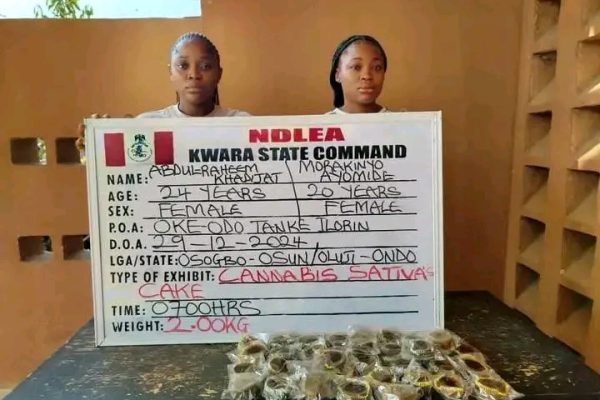








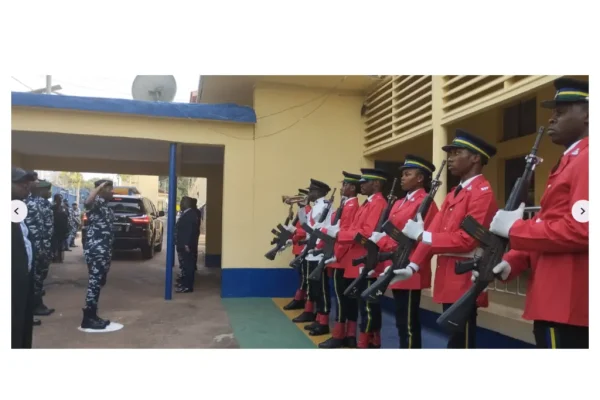
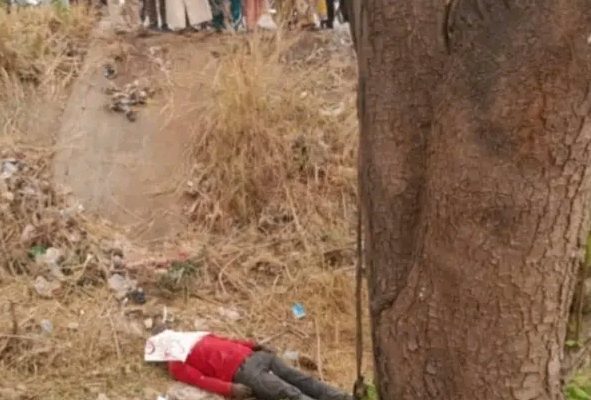

![‘I’m waiting on the Lord for kids’ – Eniola Badmus [VIDEO]](https://theprimenews.ng/wp-content/uploads/2025/01/Eniola-Badmus-1024x764-1-600x400.webp)




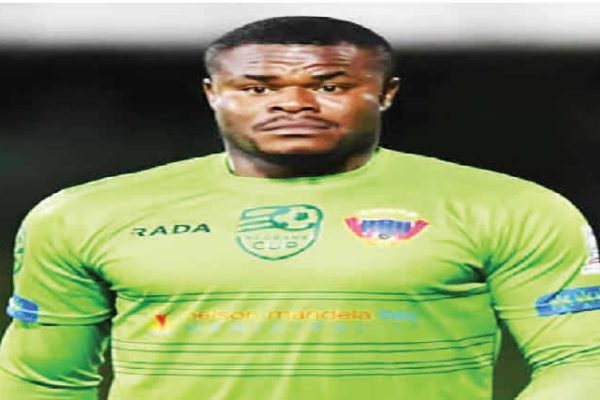


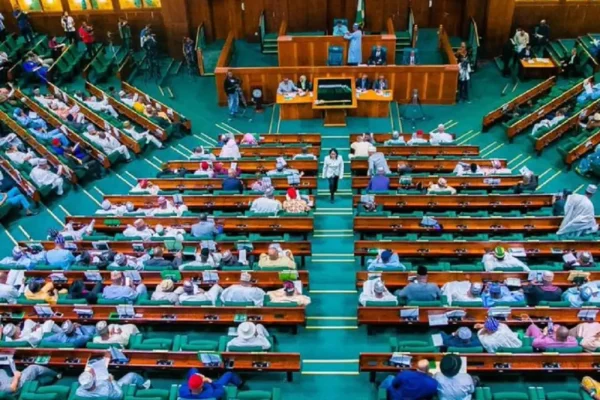






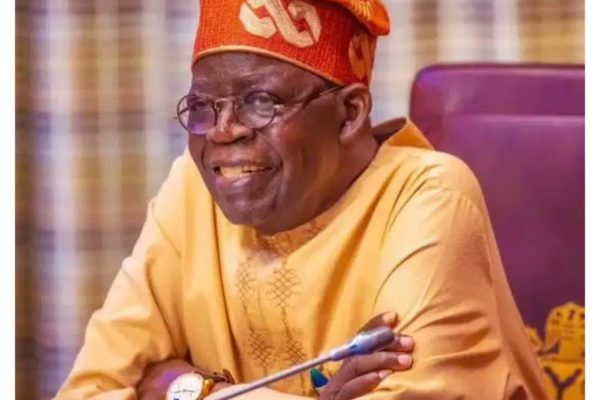
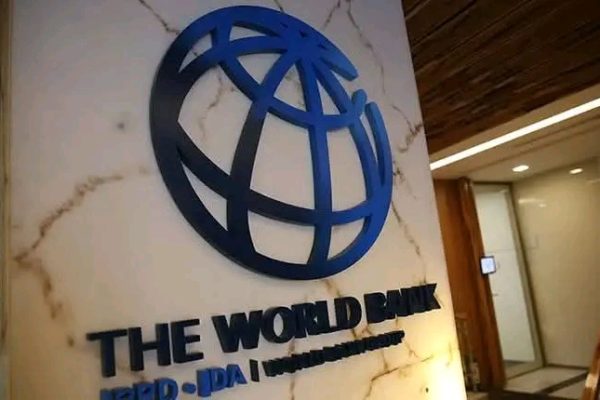
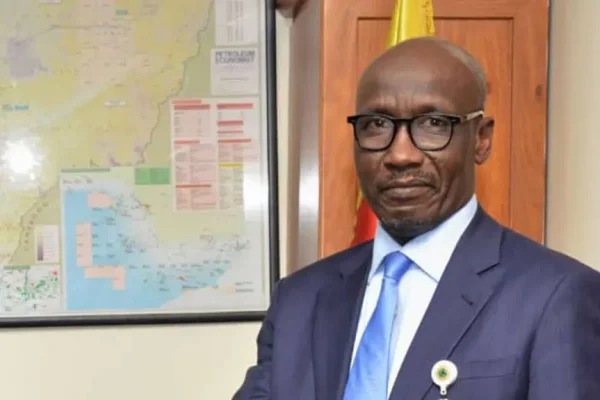
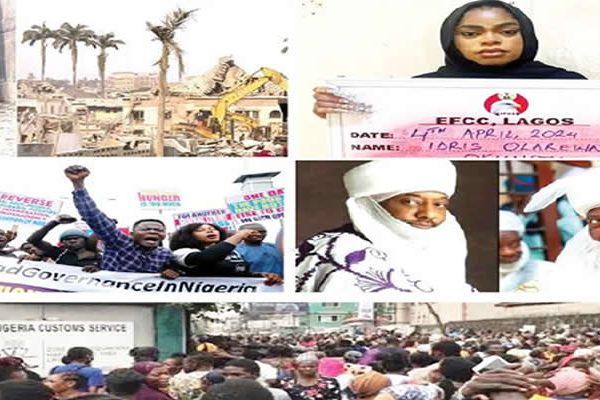



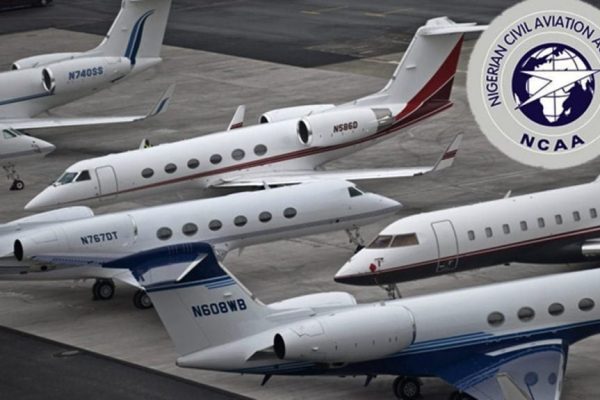

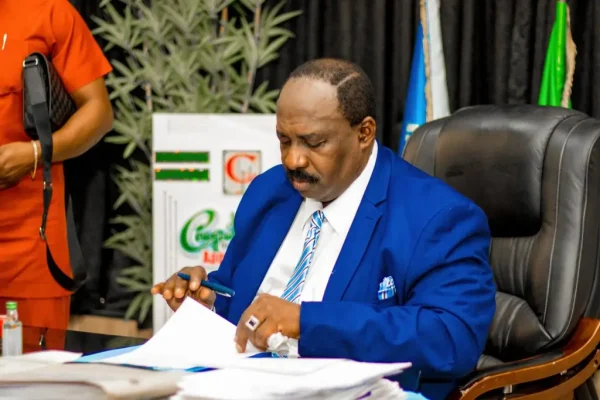
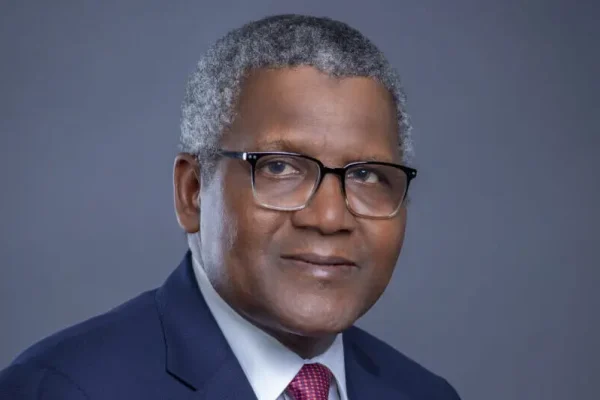
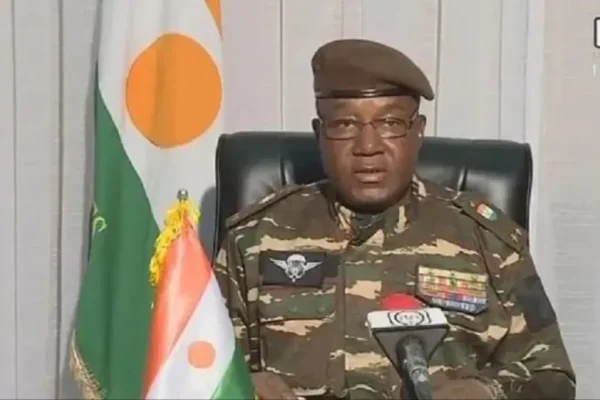
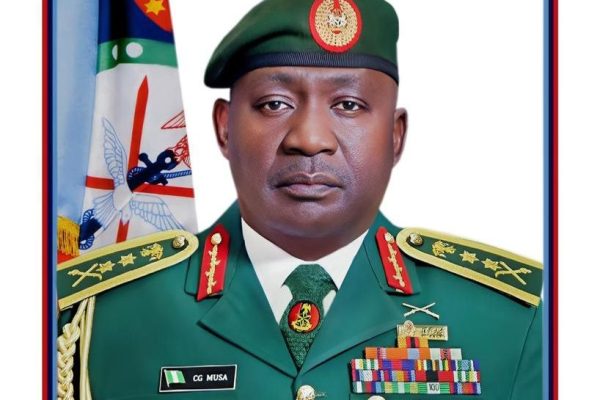

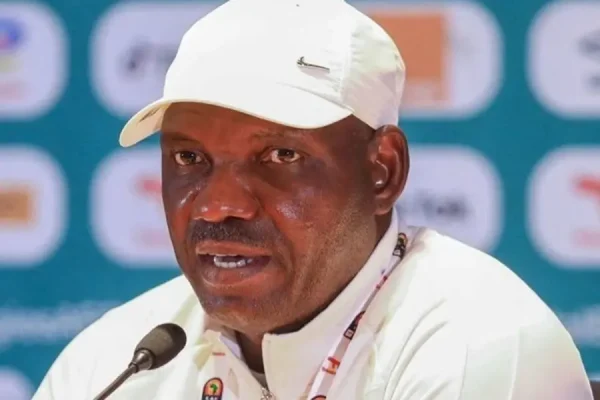
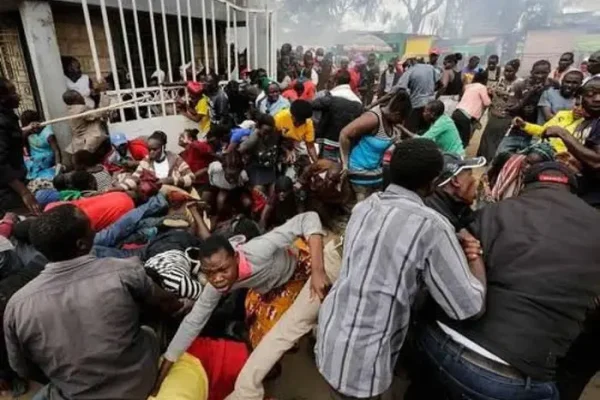
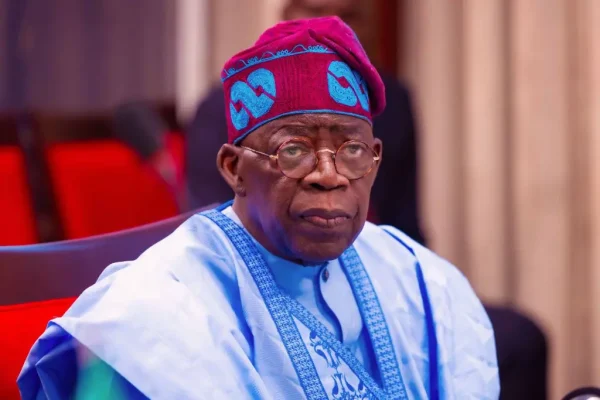

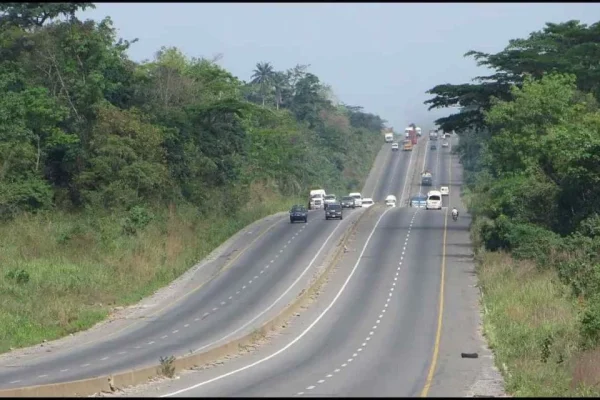

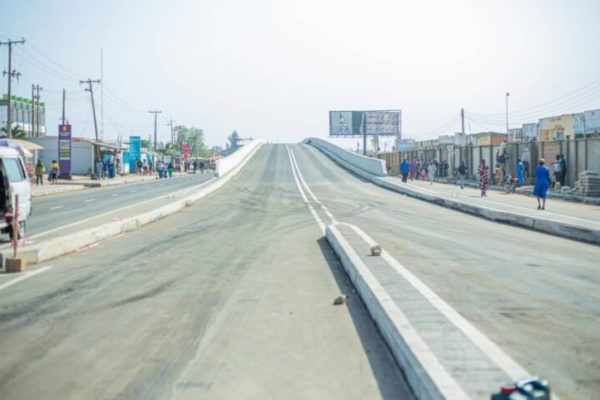

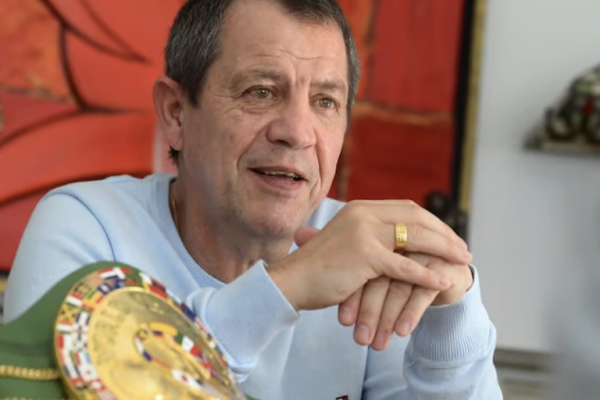
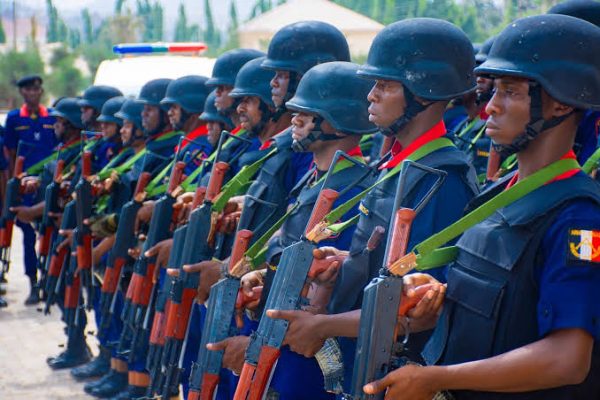




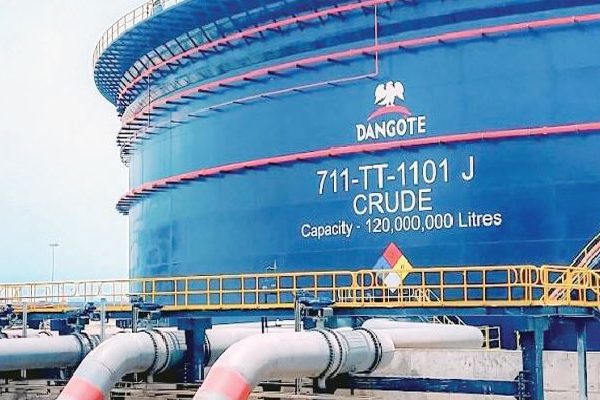



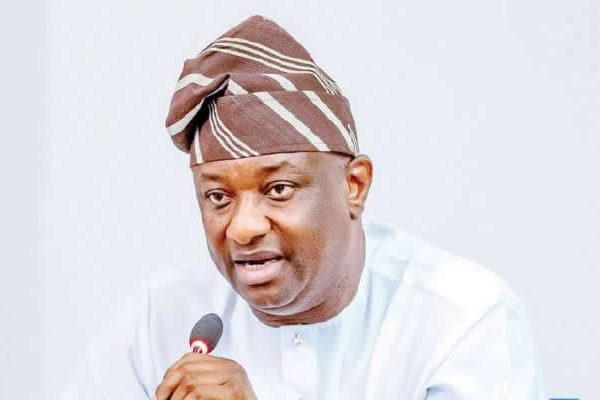

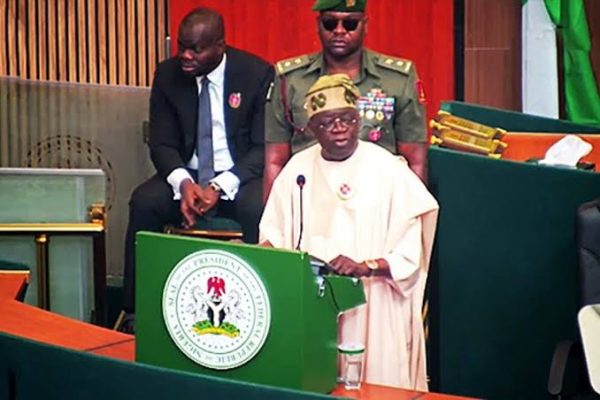



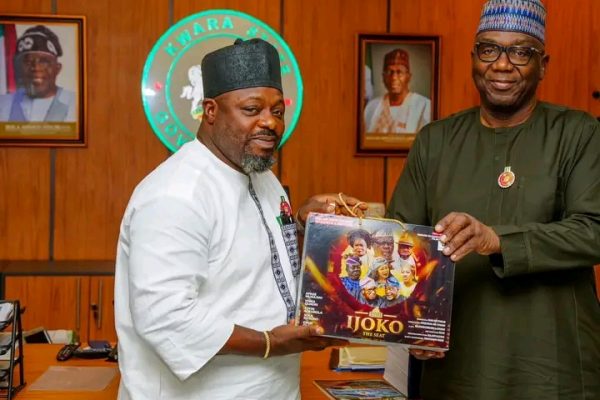



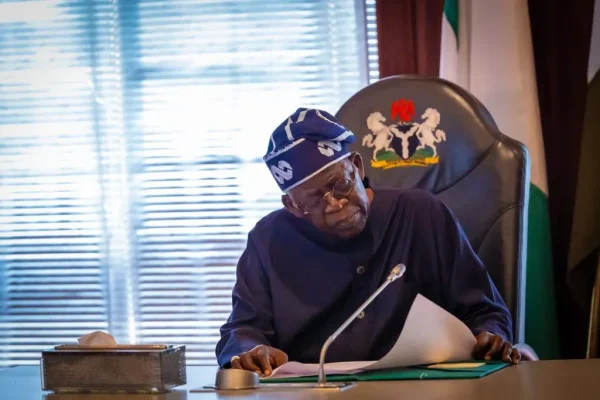
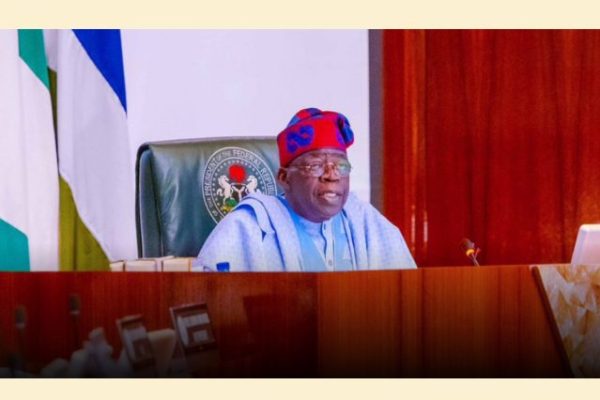






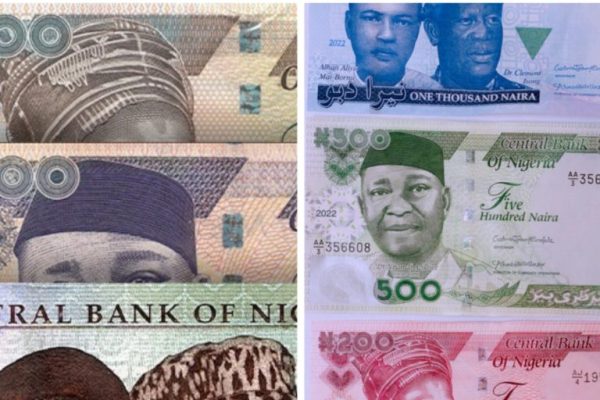








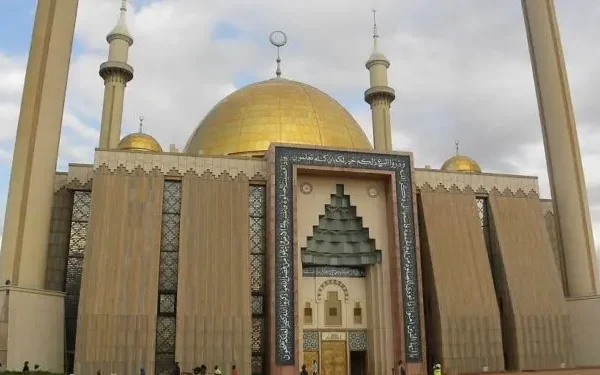



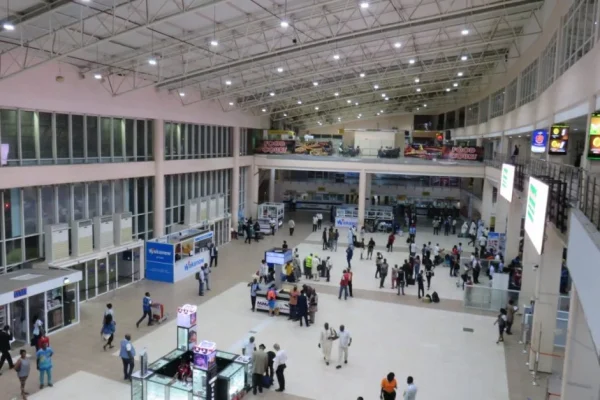

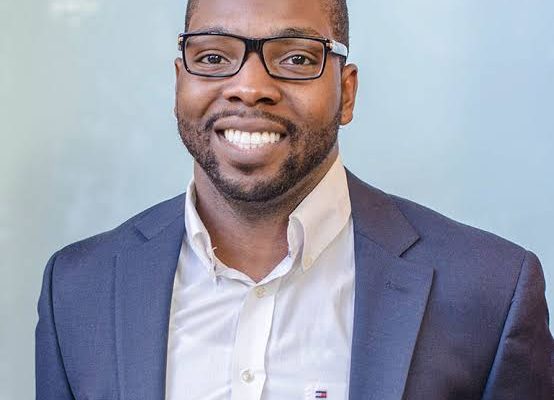
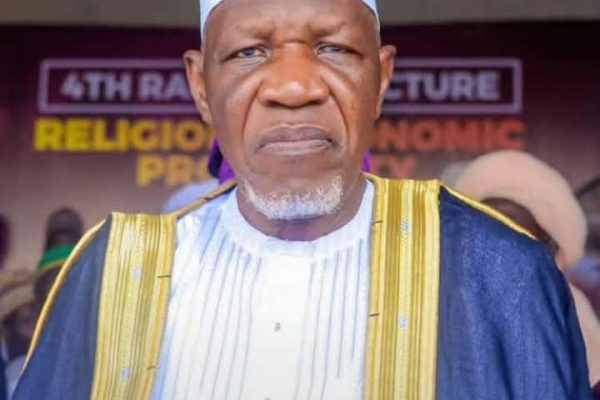


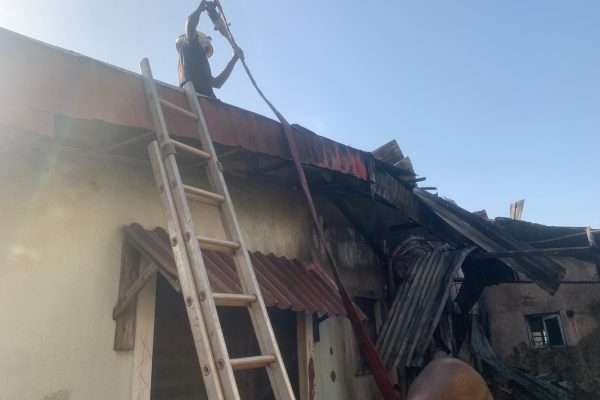



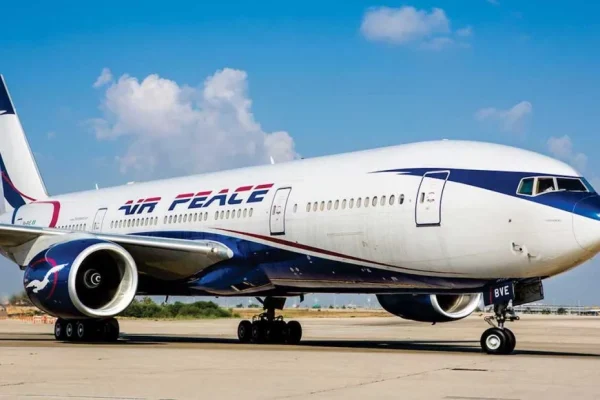




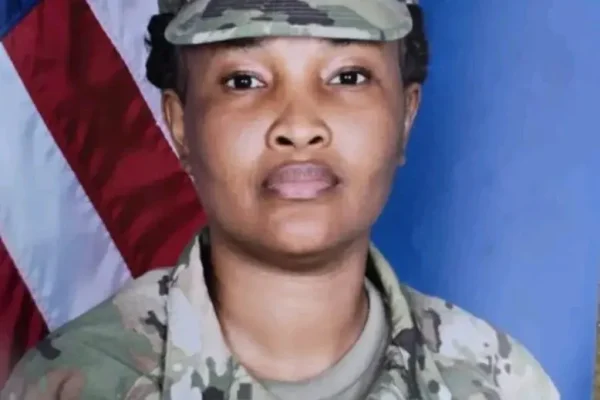
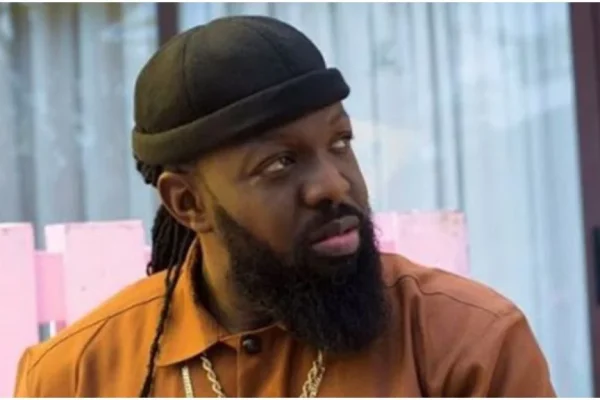
![FIFPRO announces nominees for 2024 Men’s World XI [Full list]](https://theprimenews.ng/wp-content/uploads/2024/12/Image_20241202_160846_058-600x391.webp)
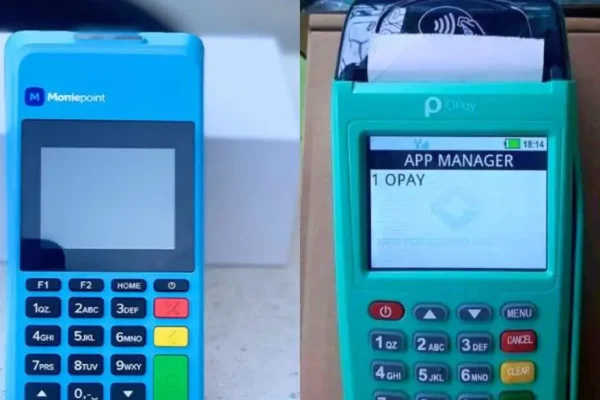
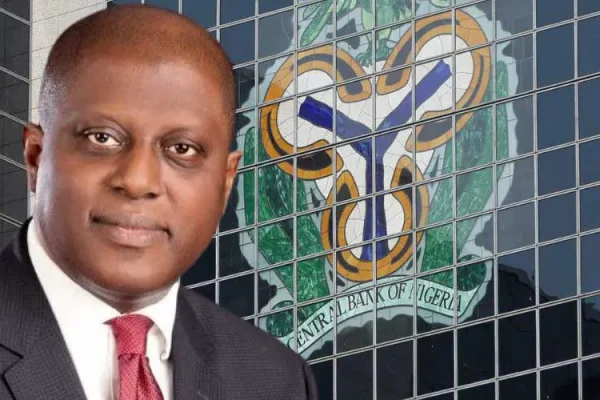
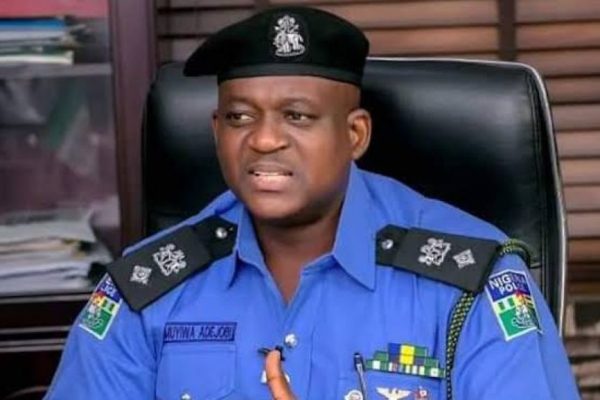
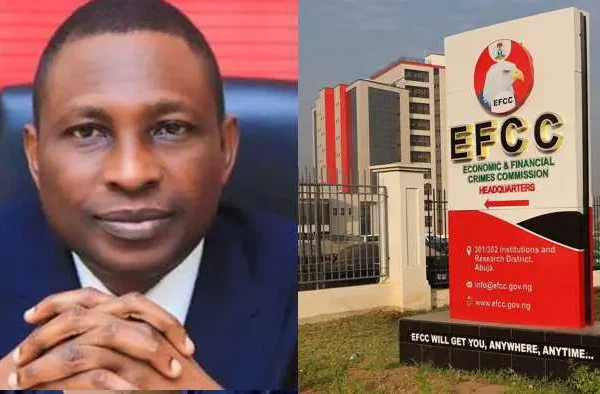
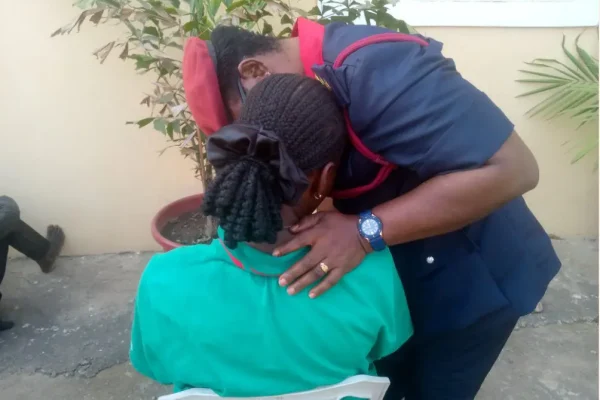

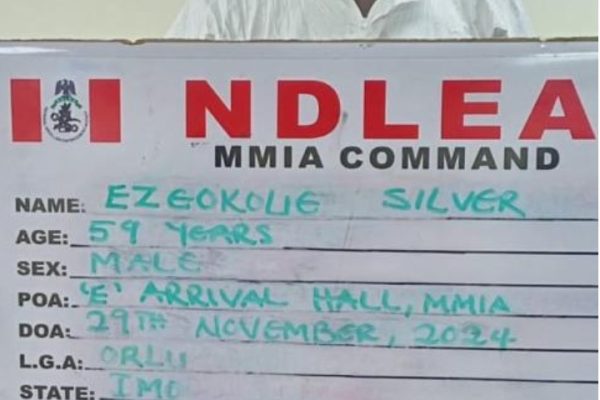
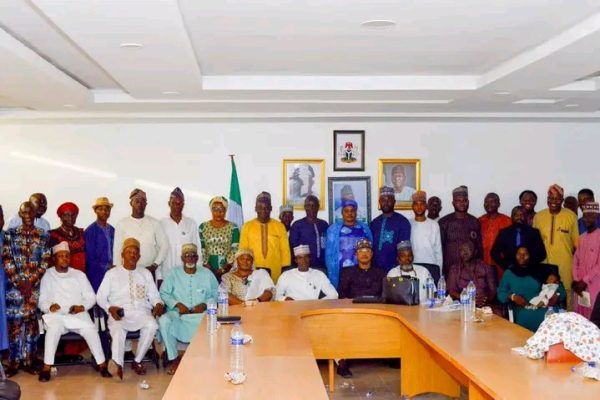
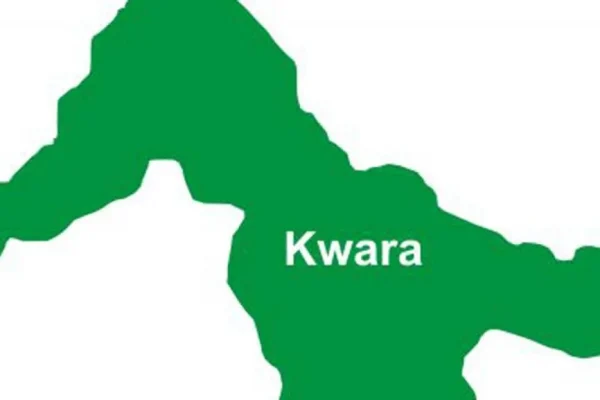
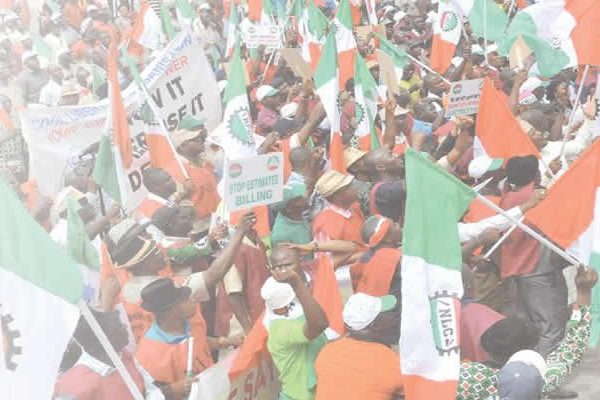
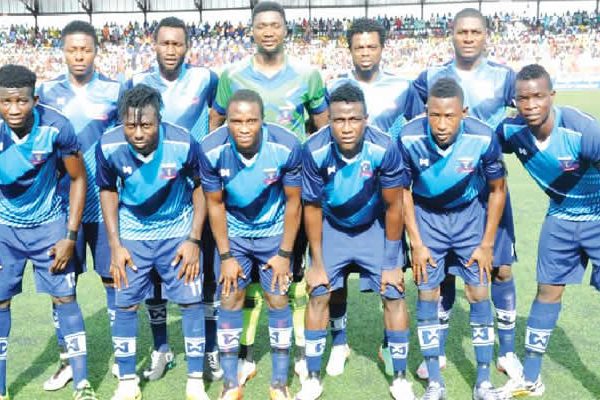
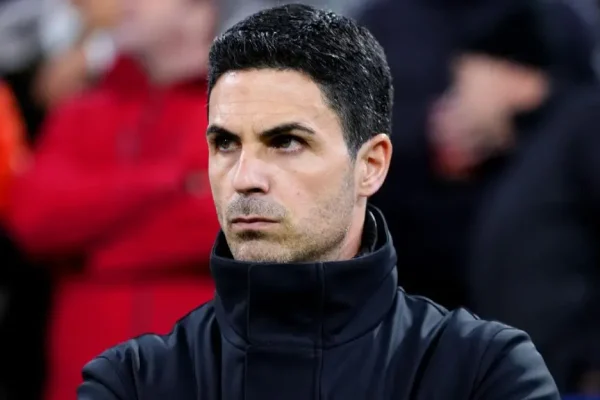



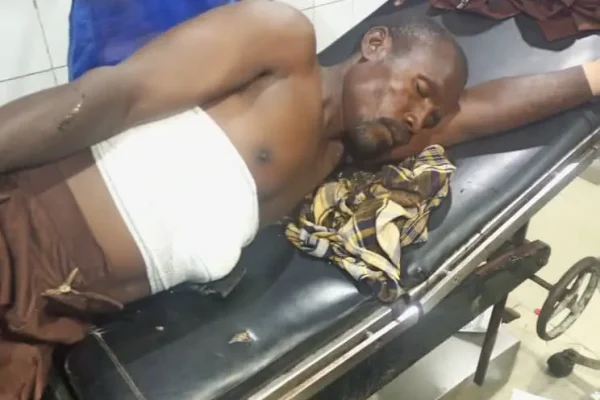
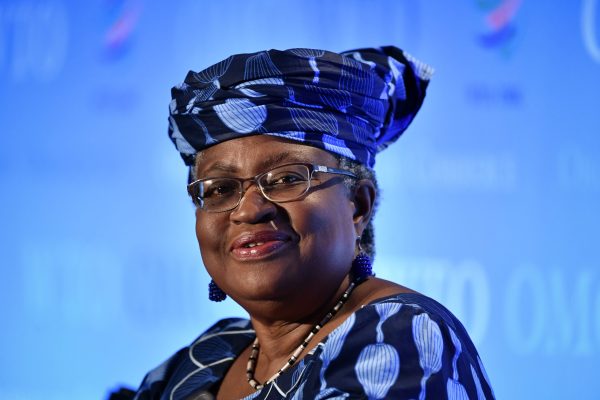
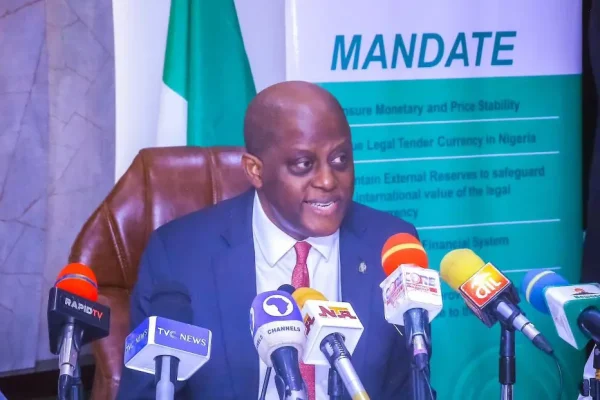
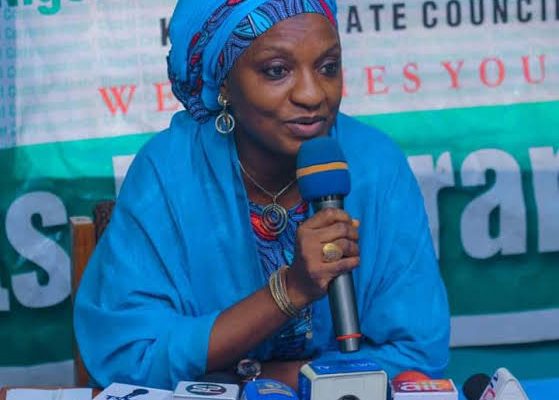

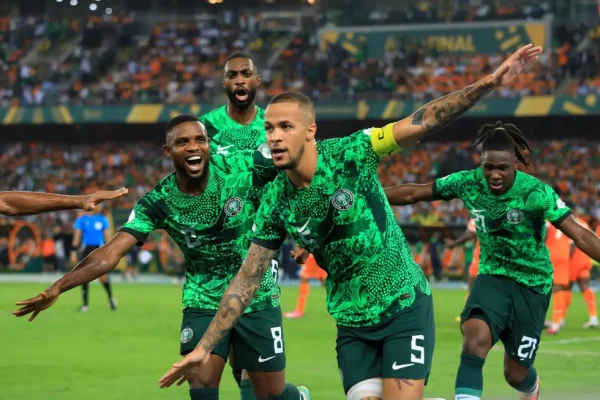
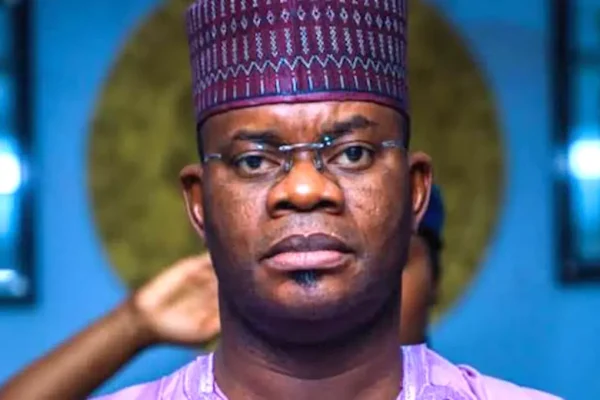
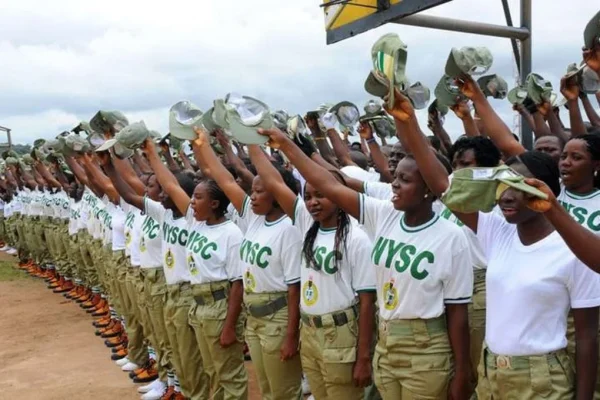

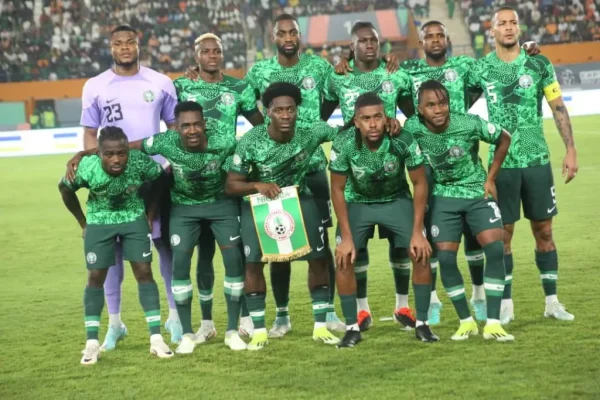
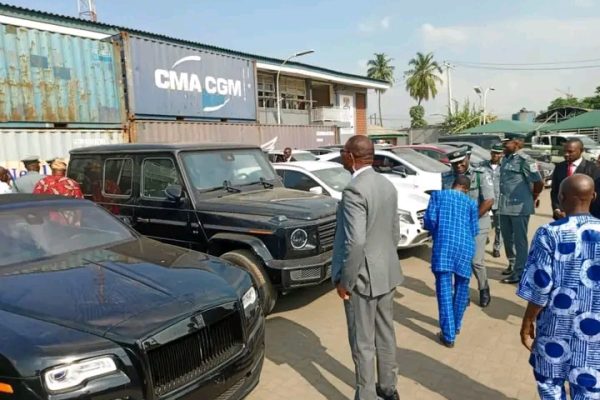
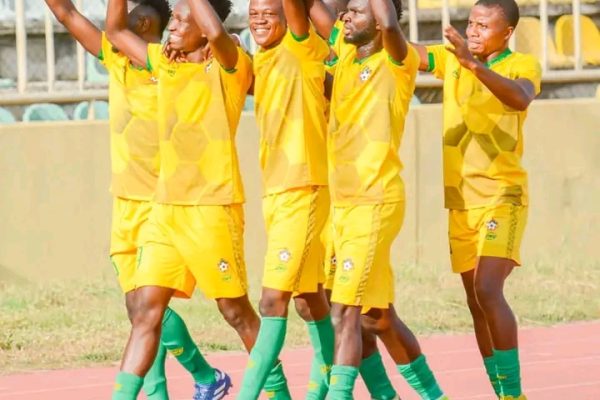
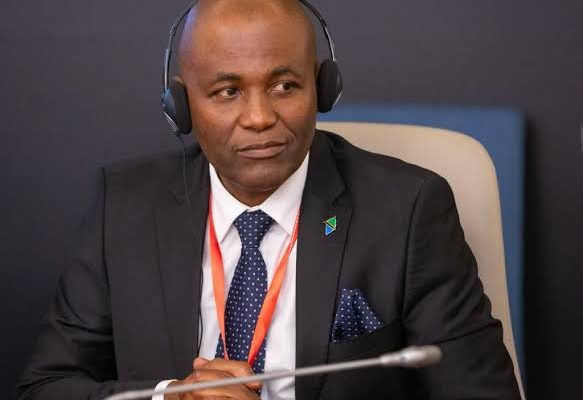
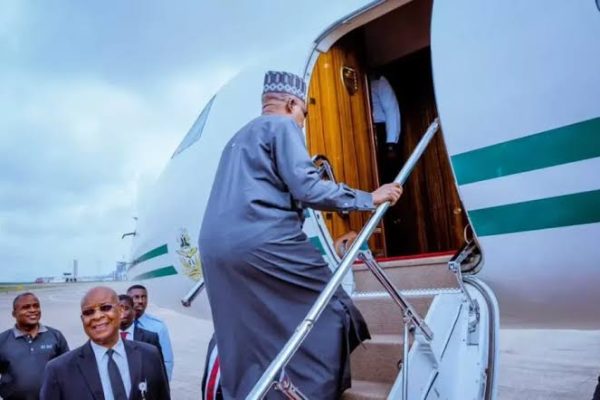
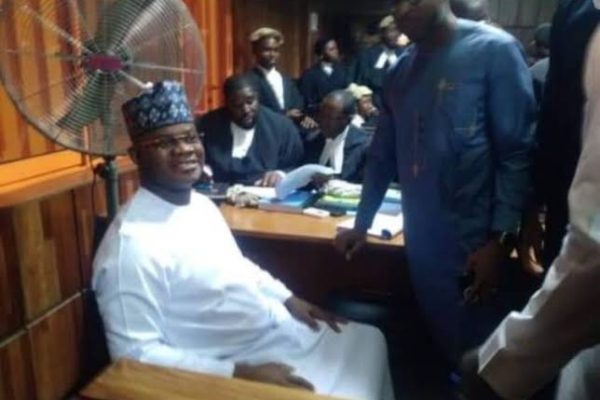
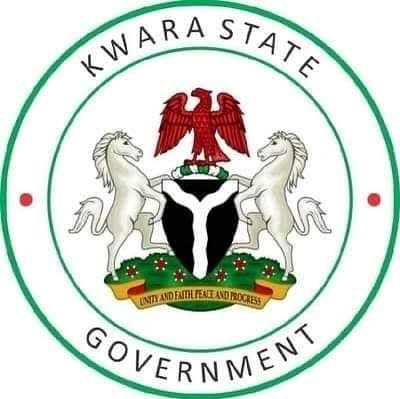
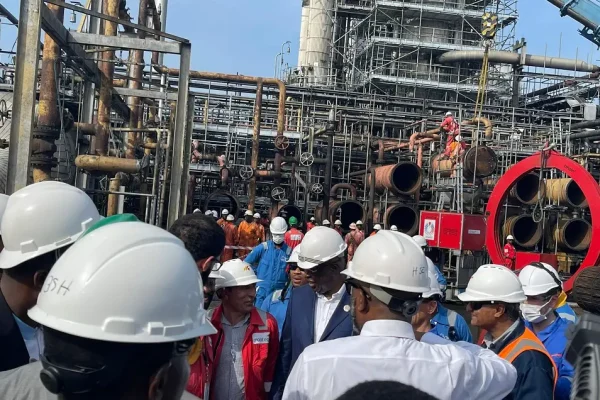
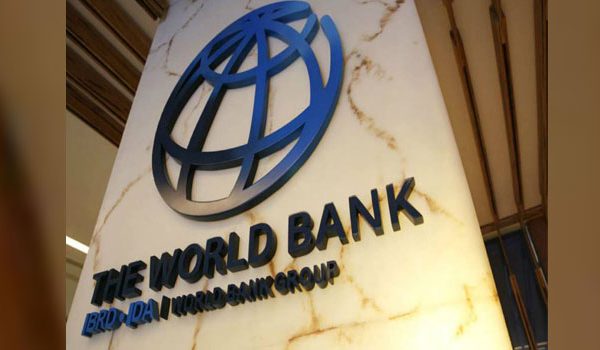
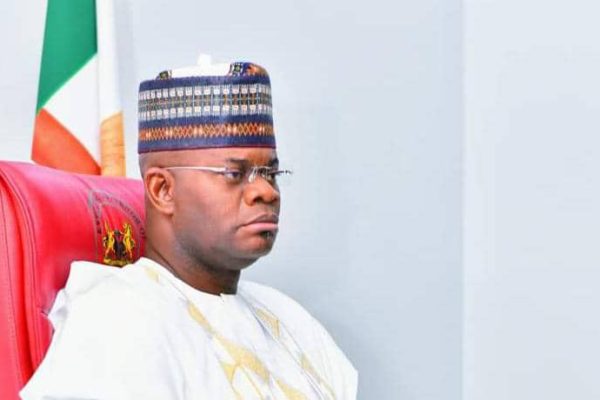
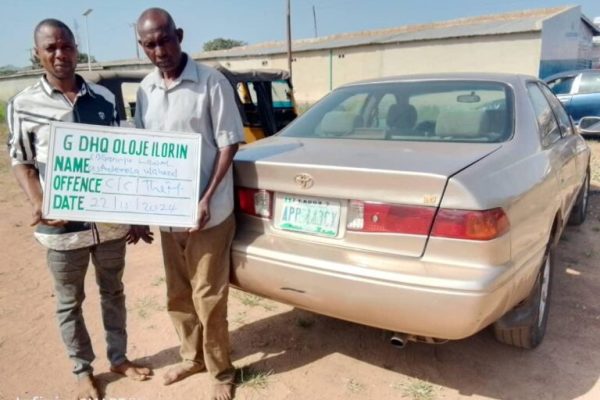
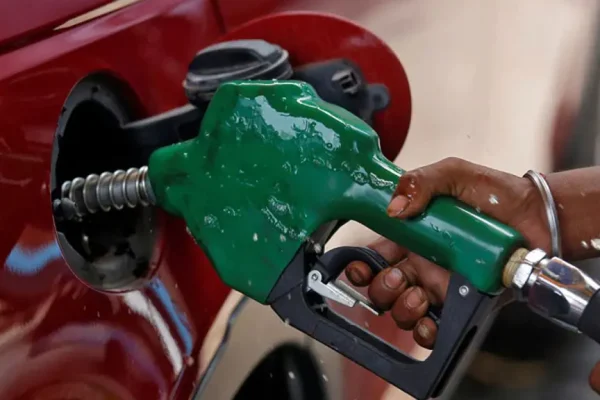
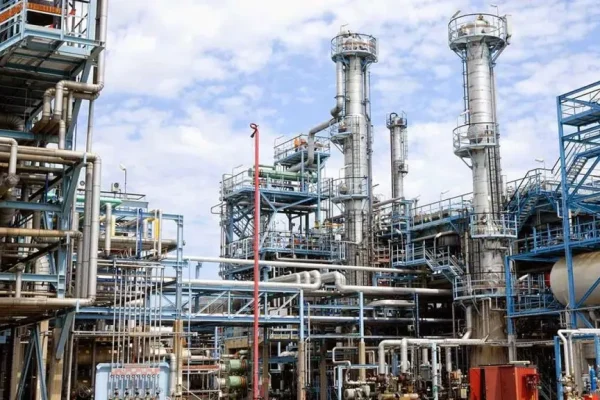
![Jagun Jagun wins big at 2024 BON Awards [FULL LIST]](https://theprimenews.ng/wp-content/uploads/2024/11/20241013_181847-1024x715-1-600x400.jpg)

